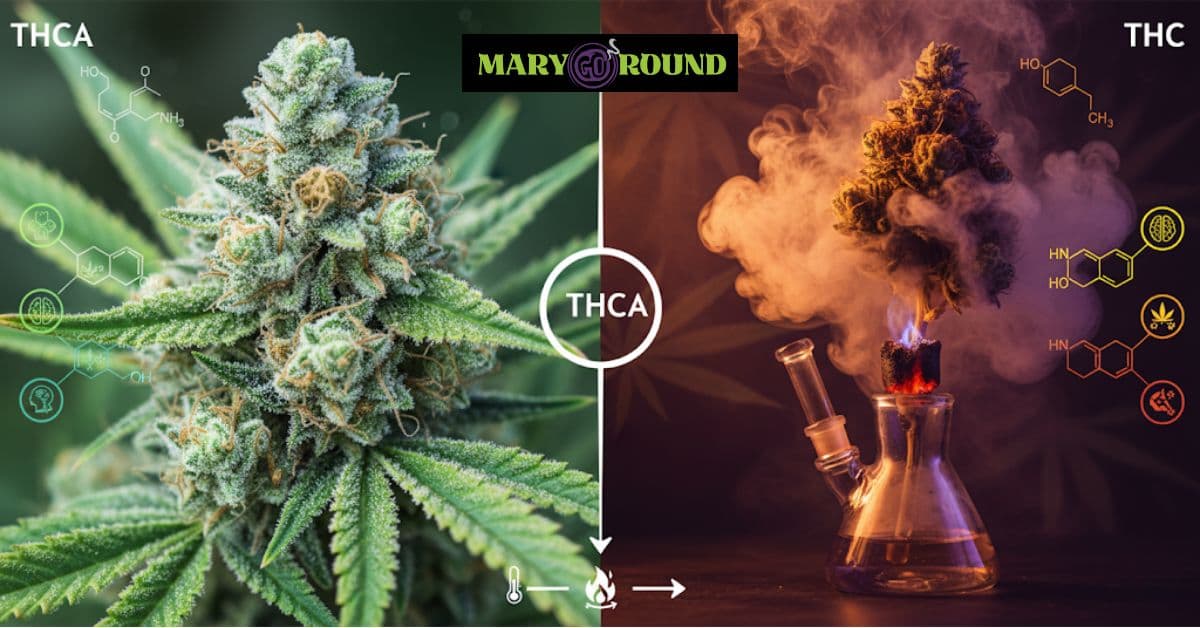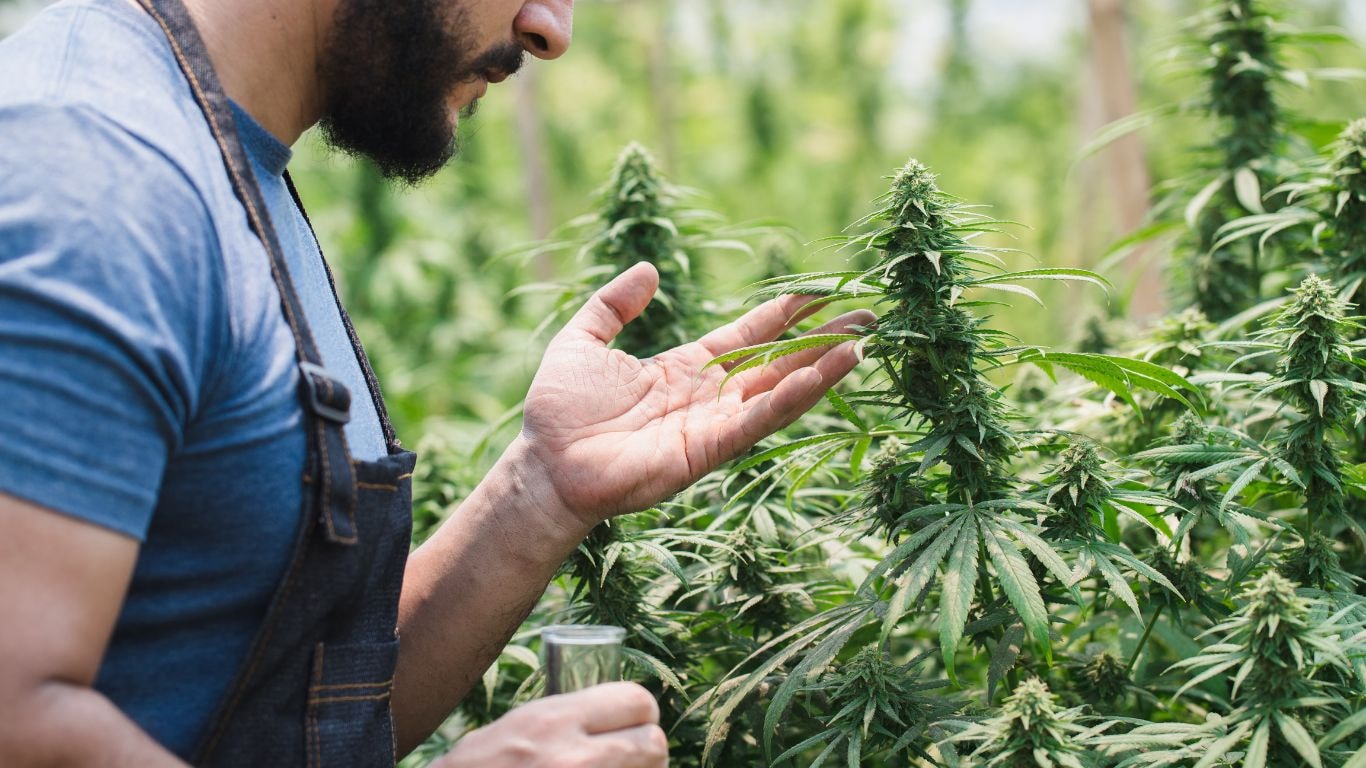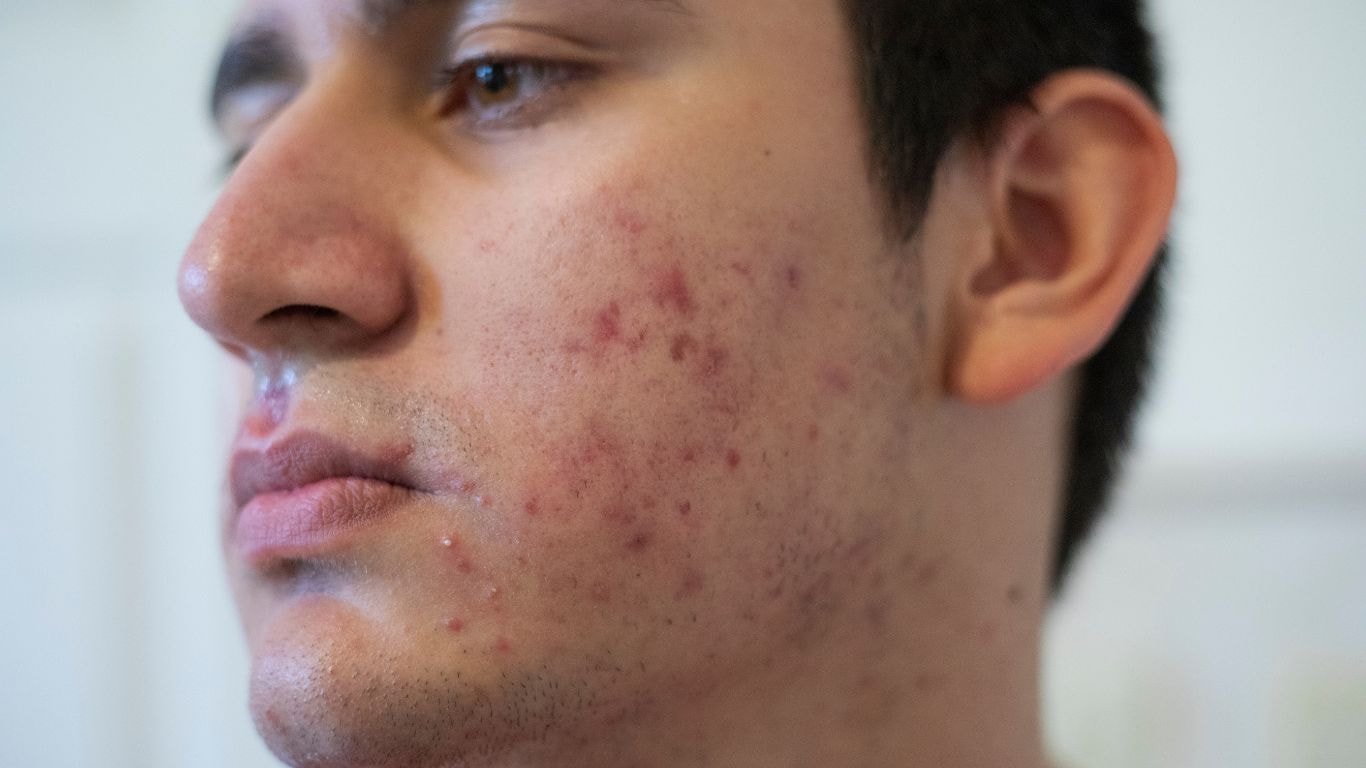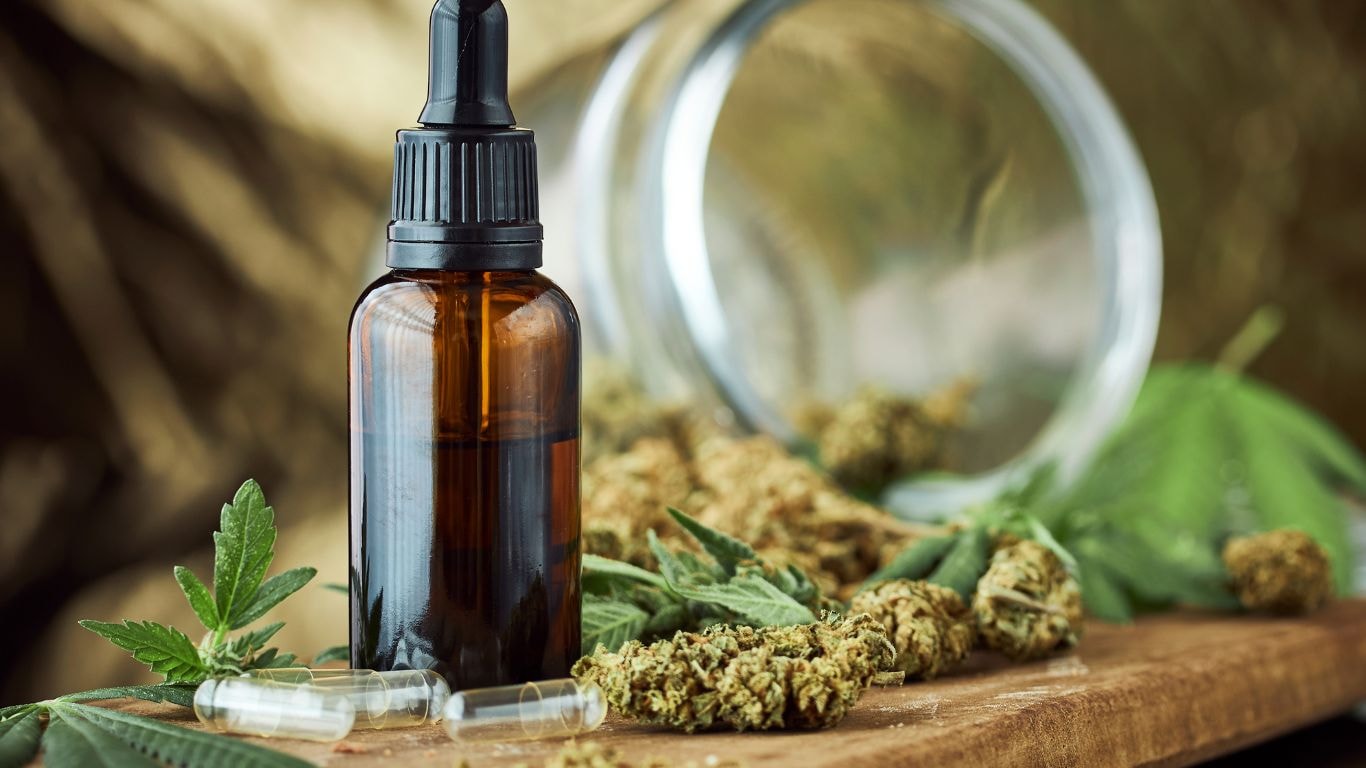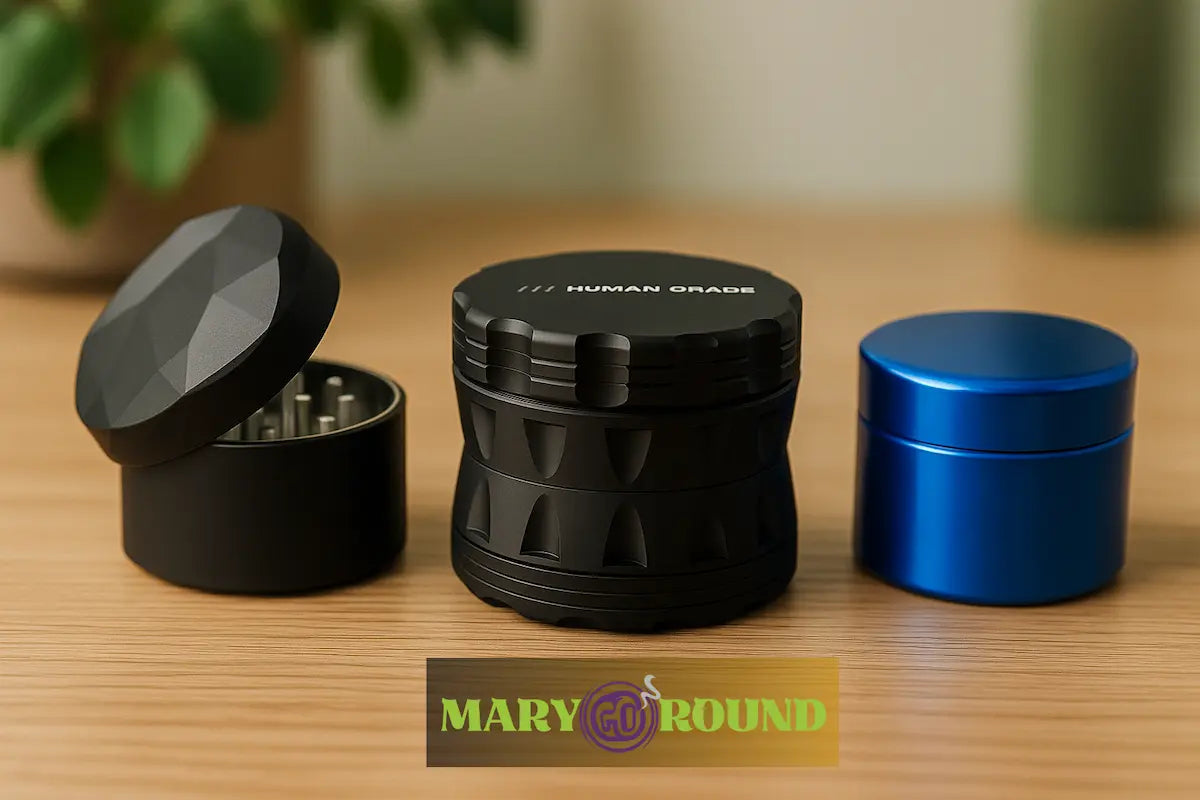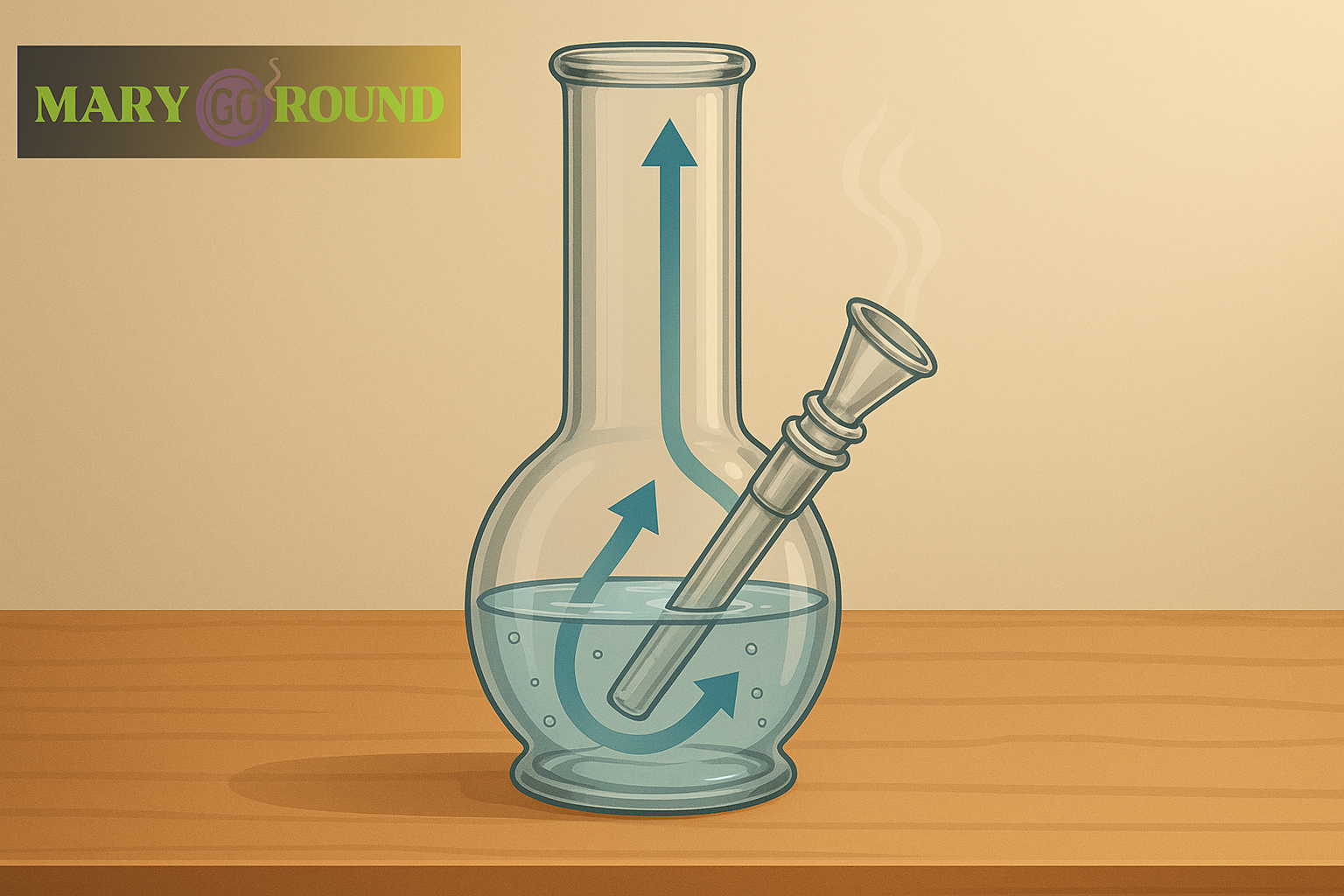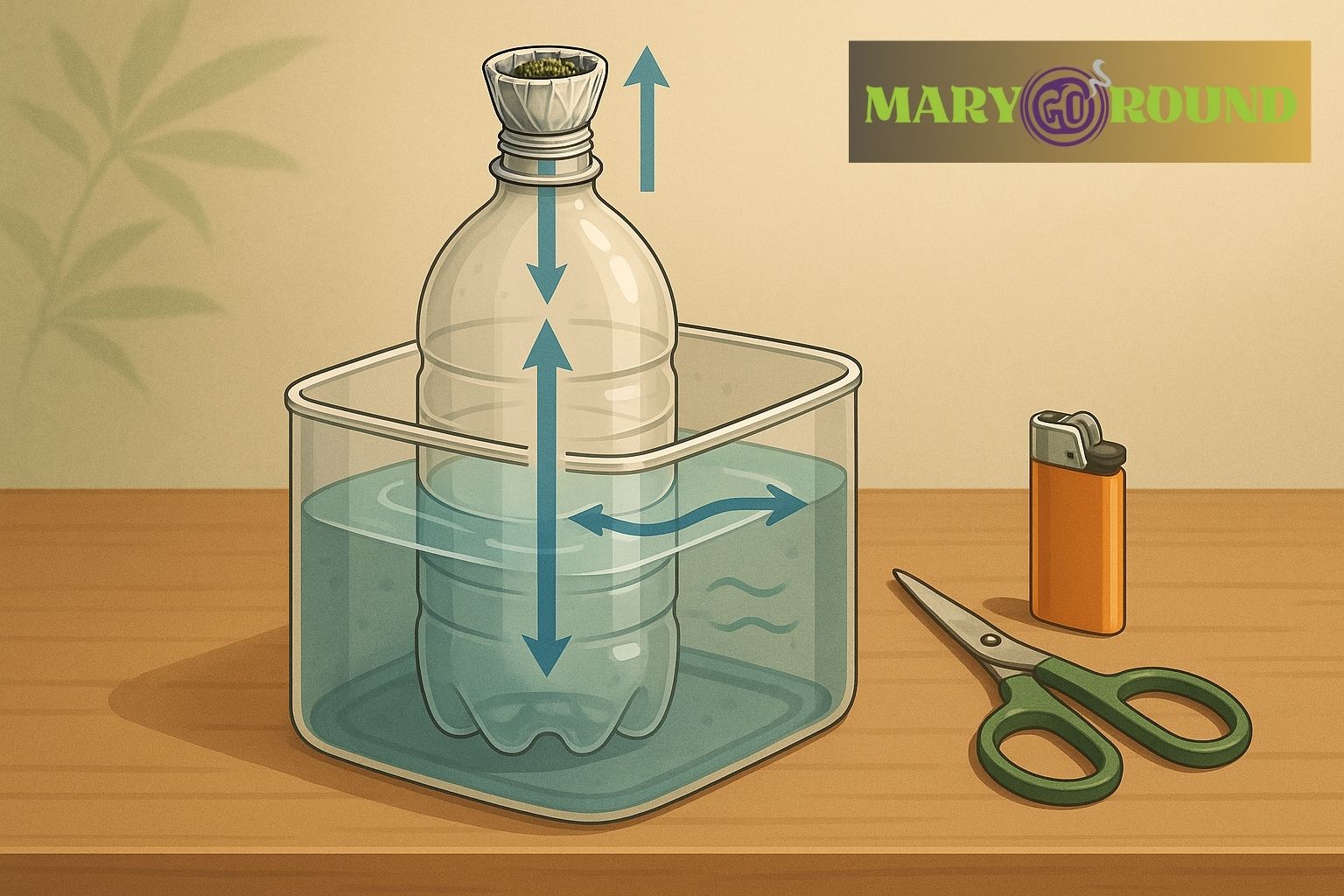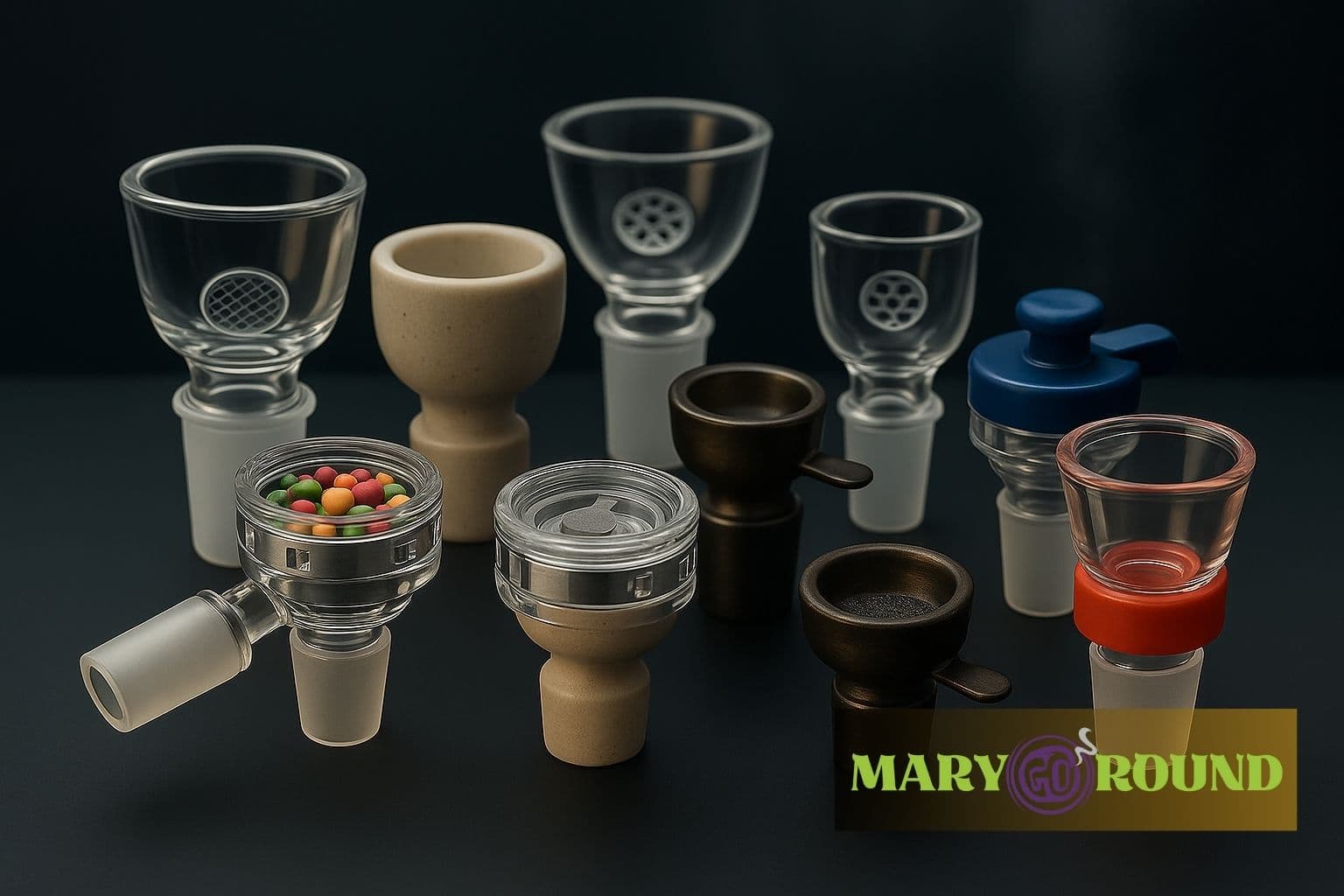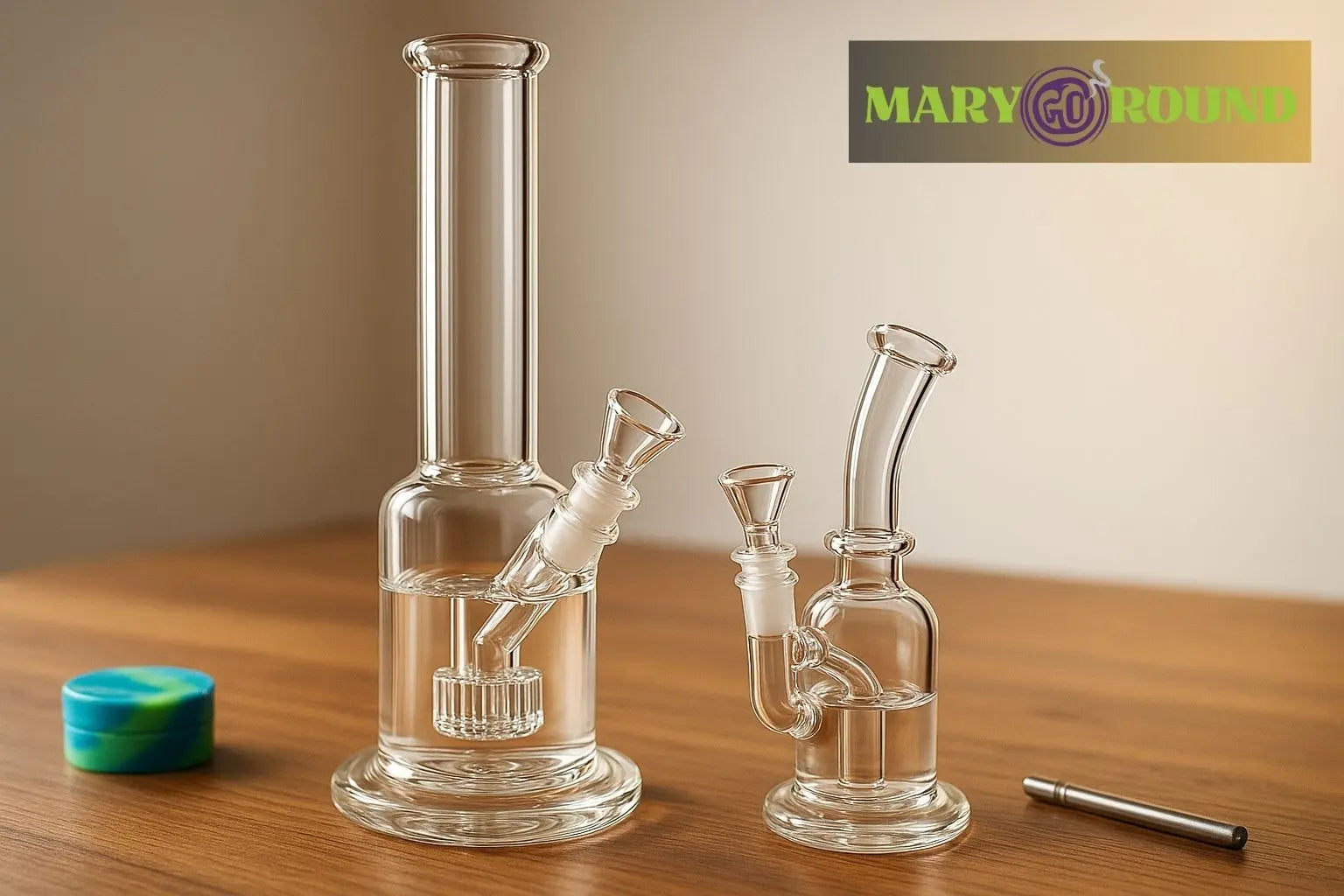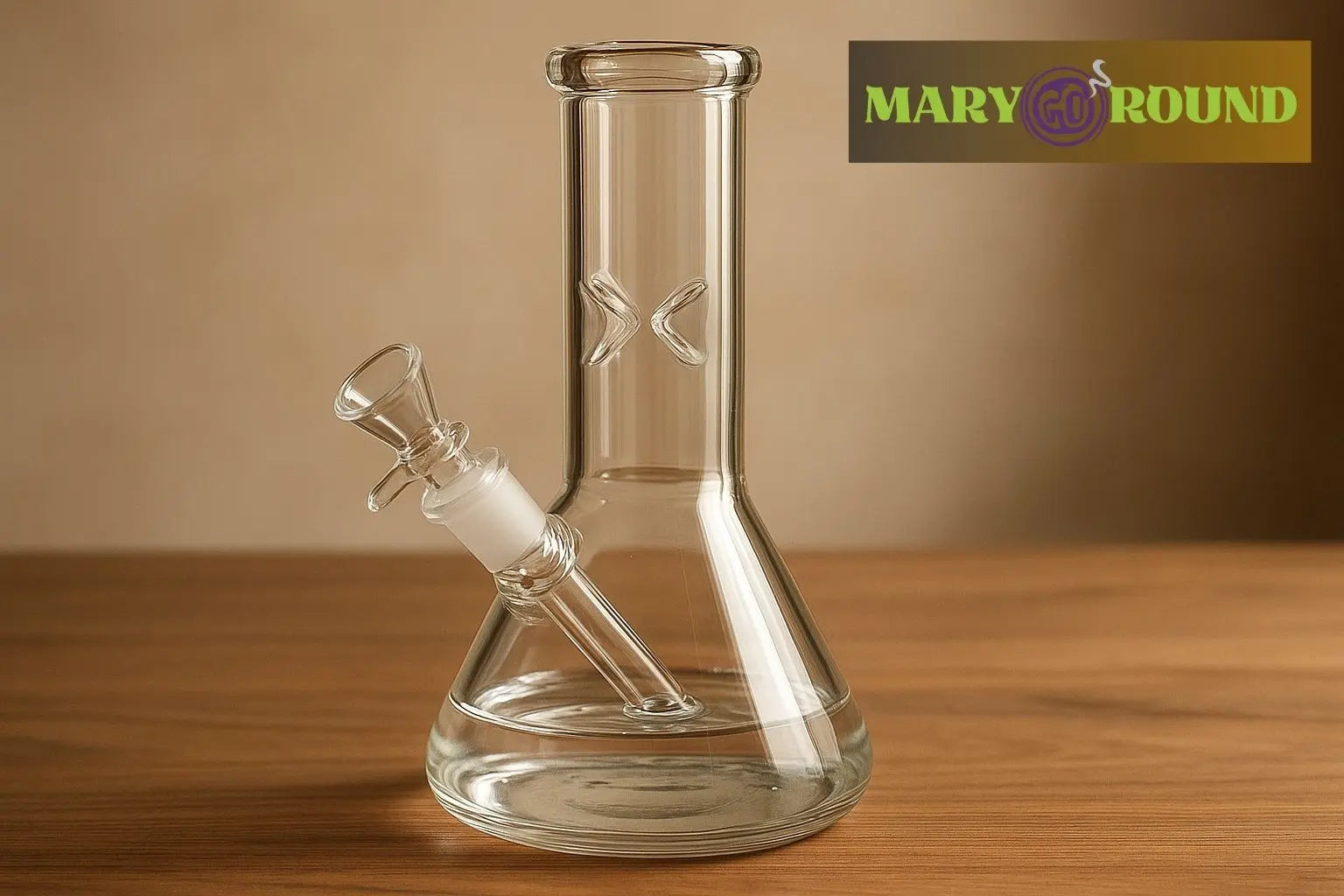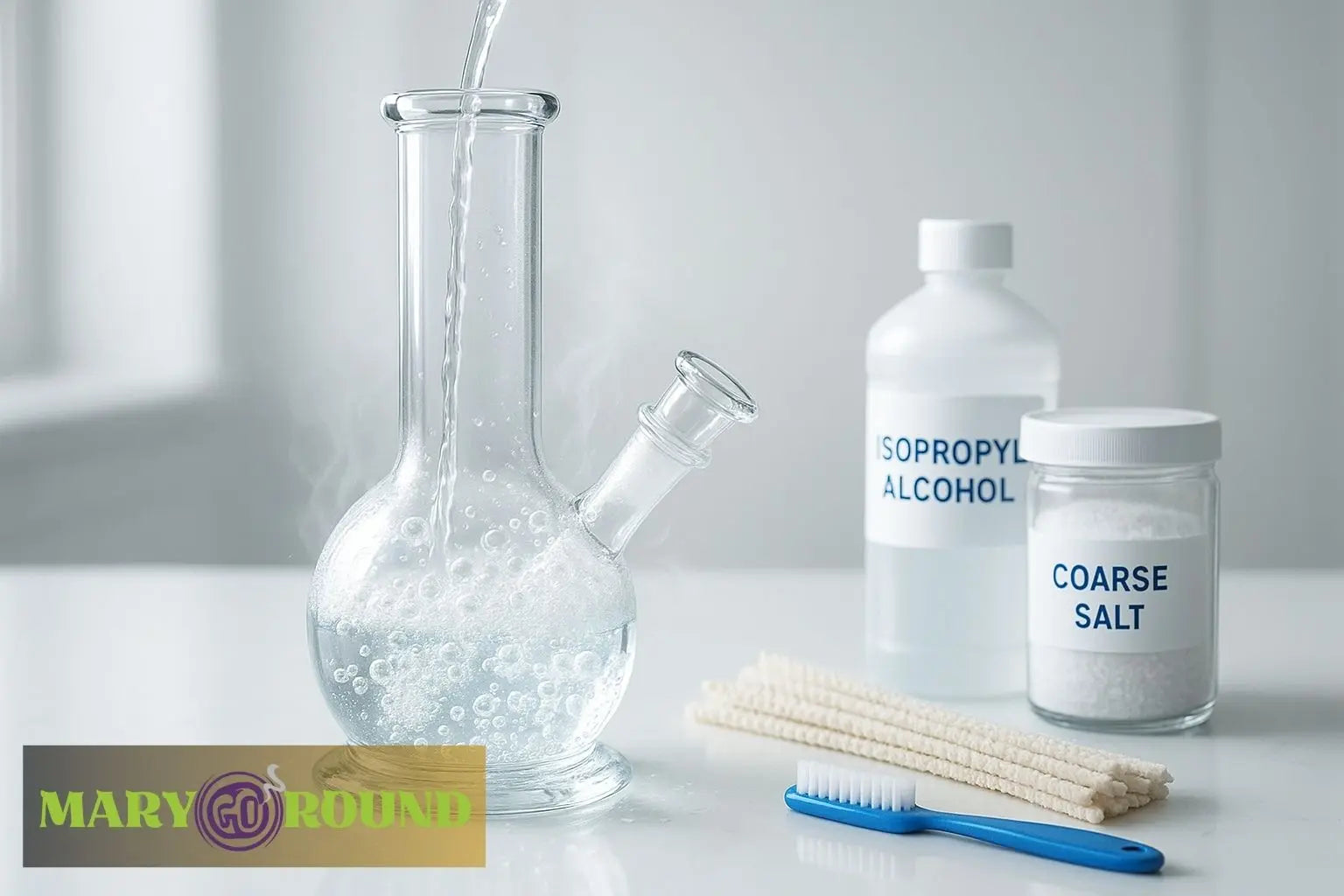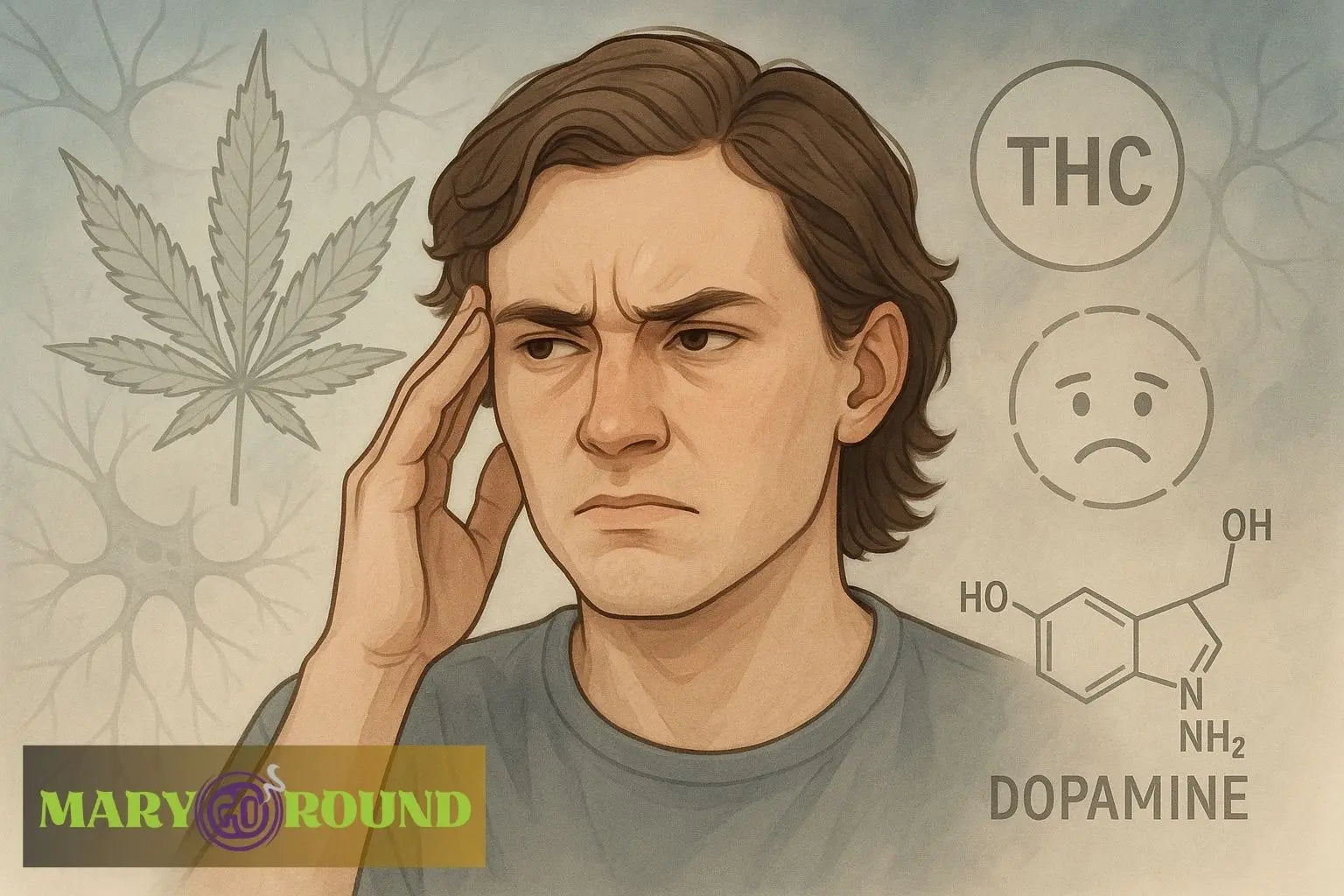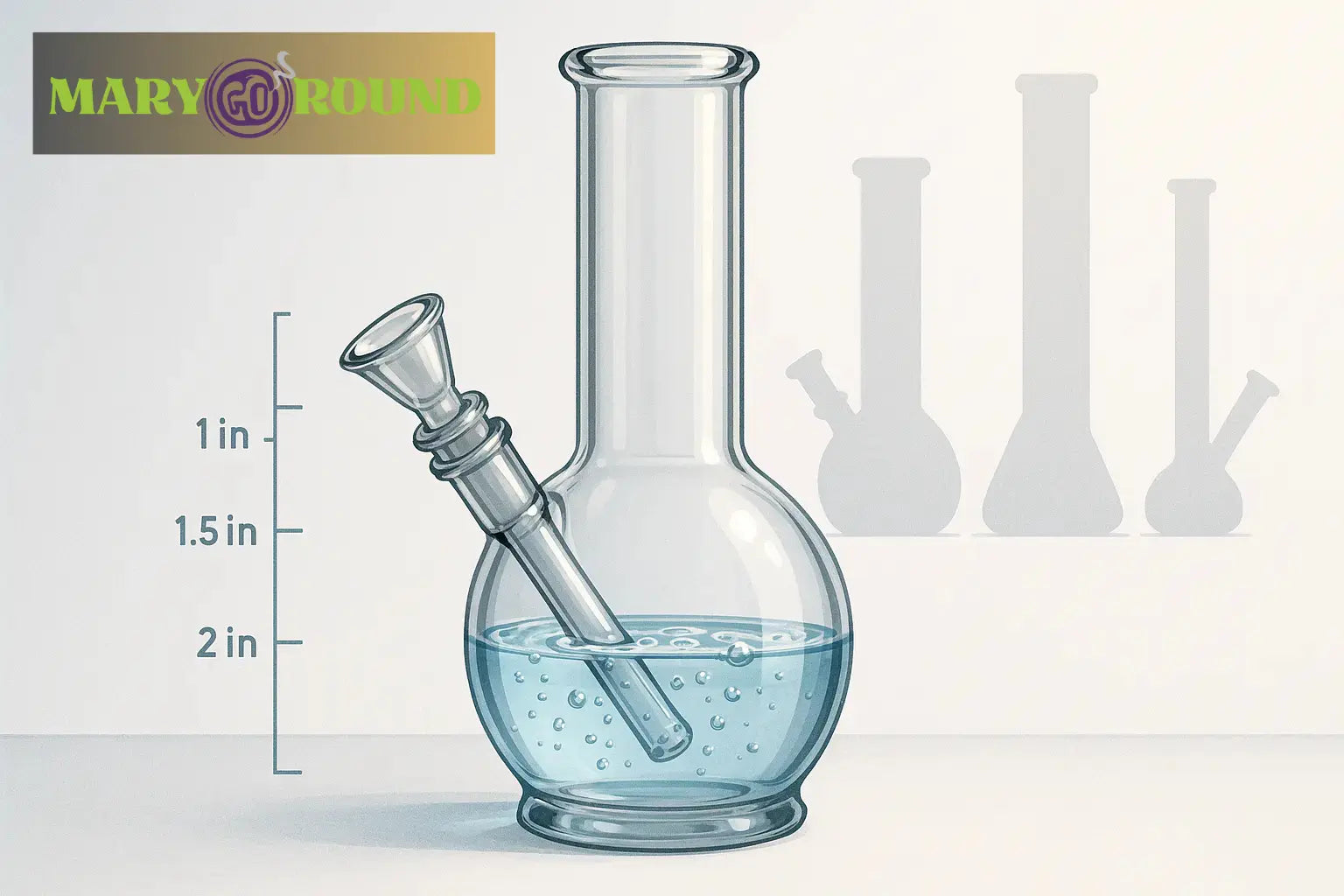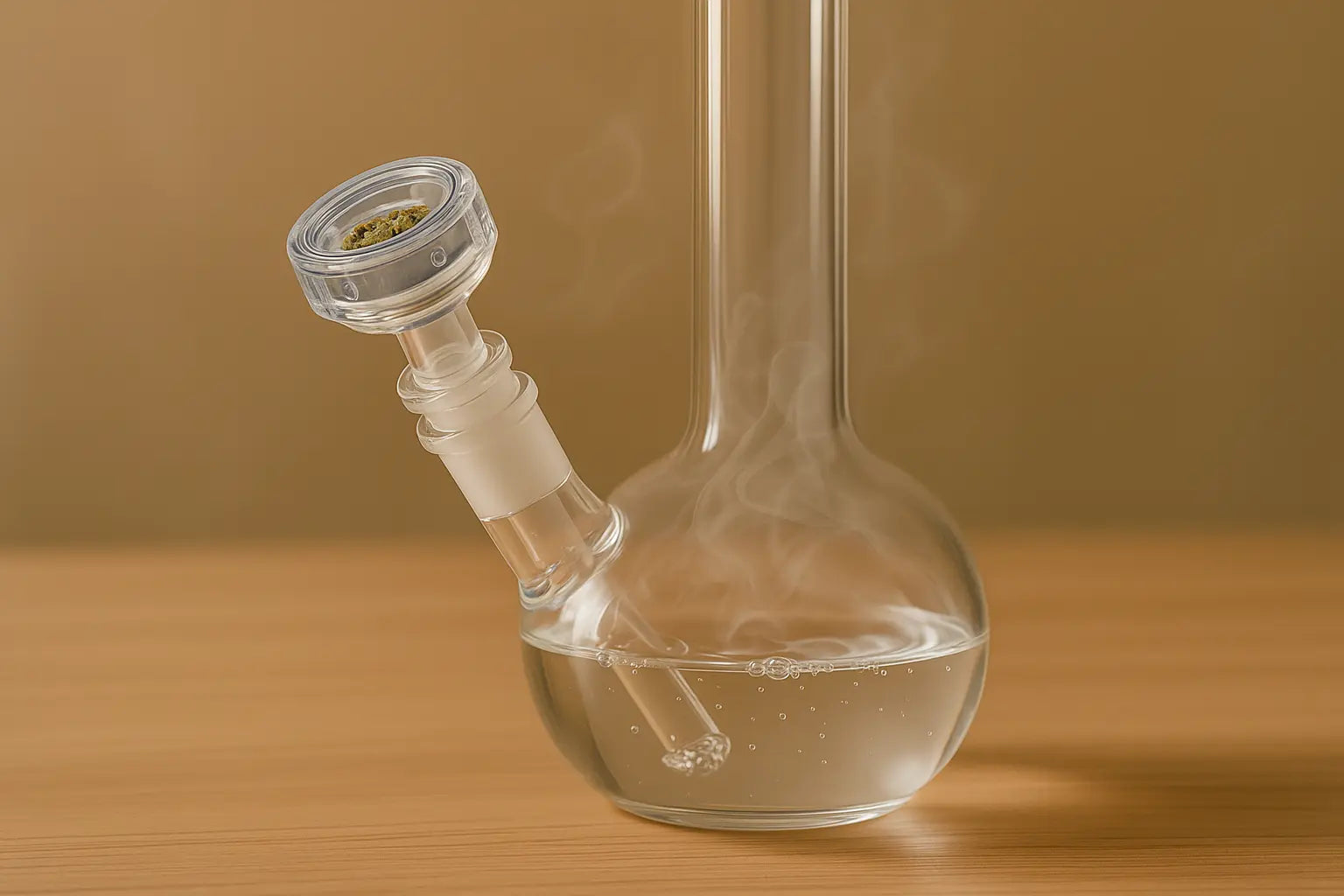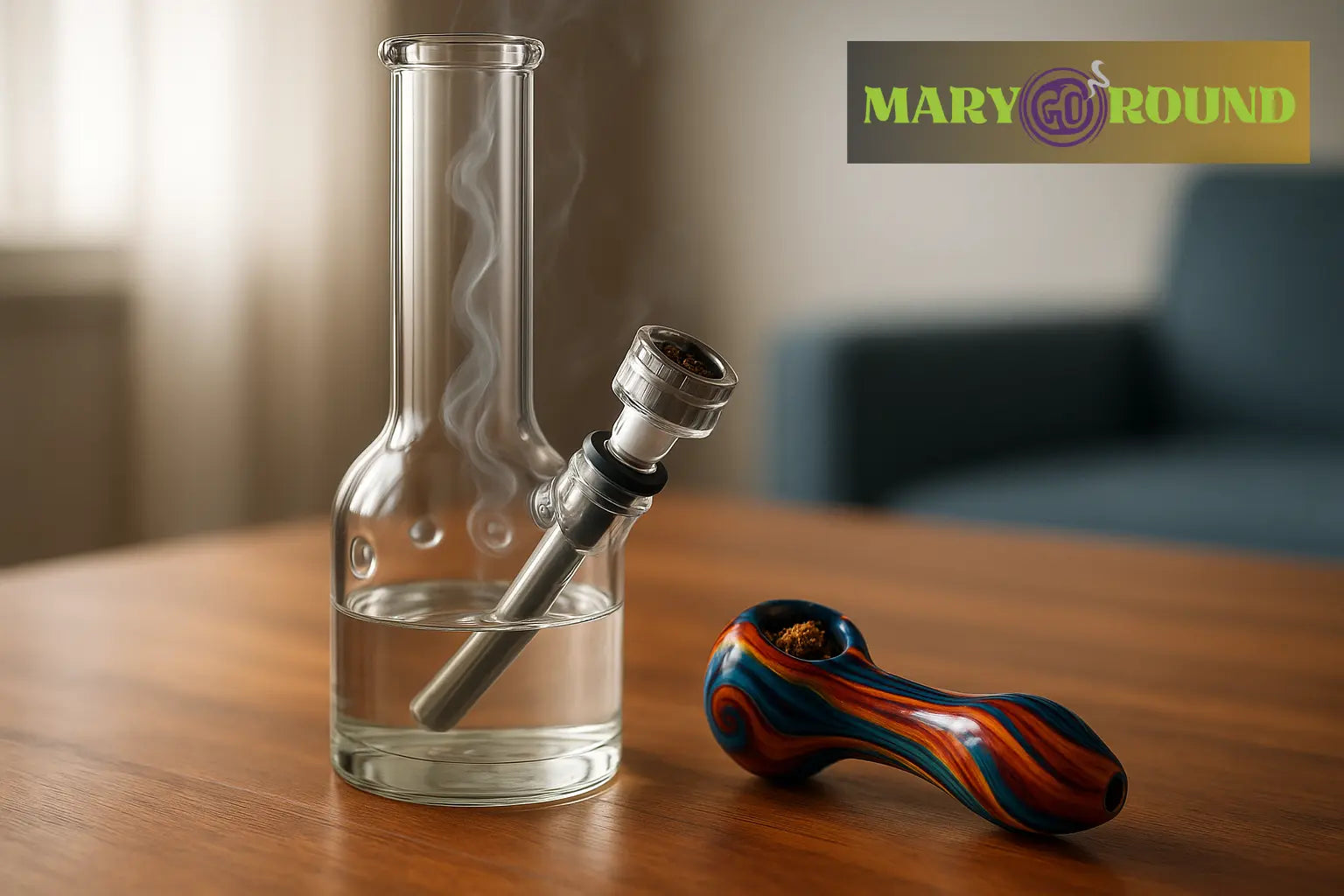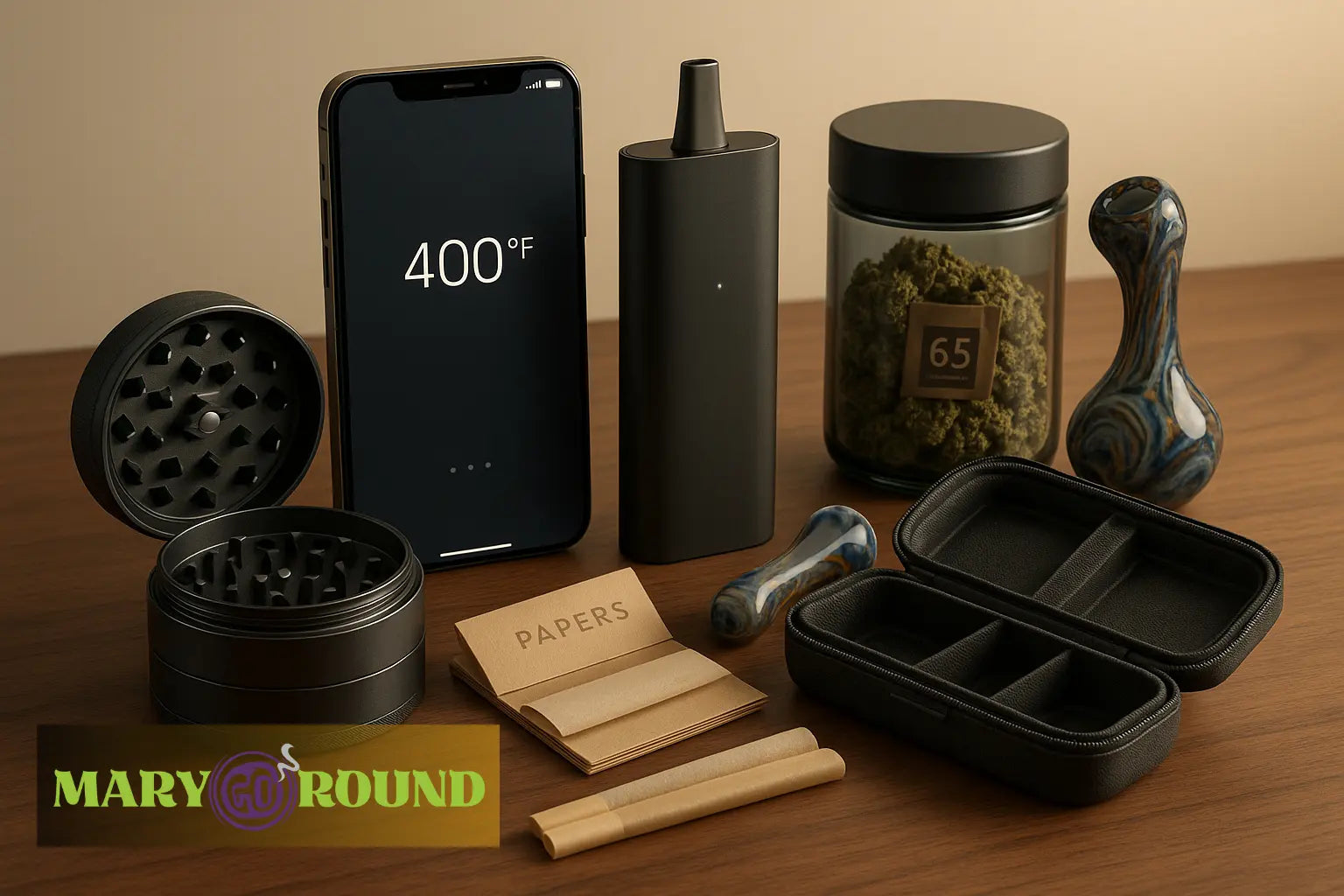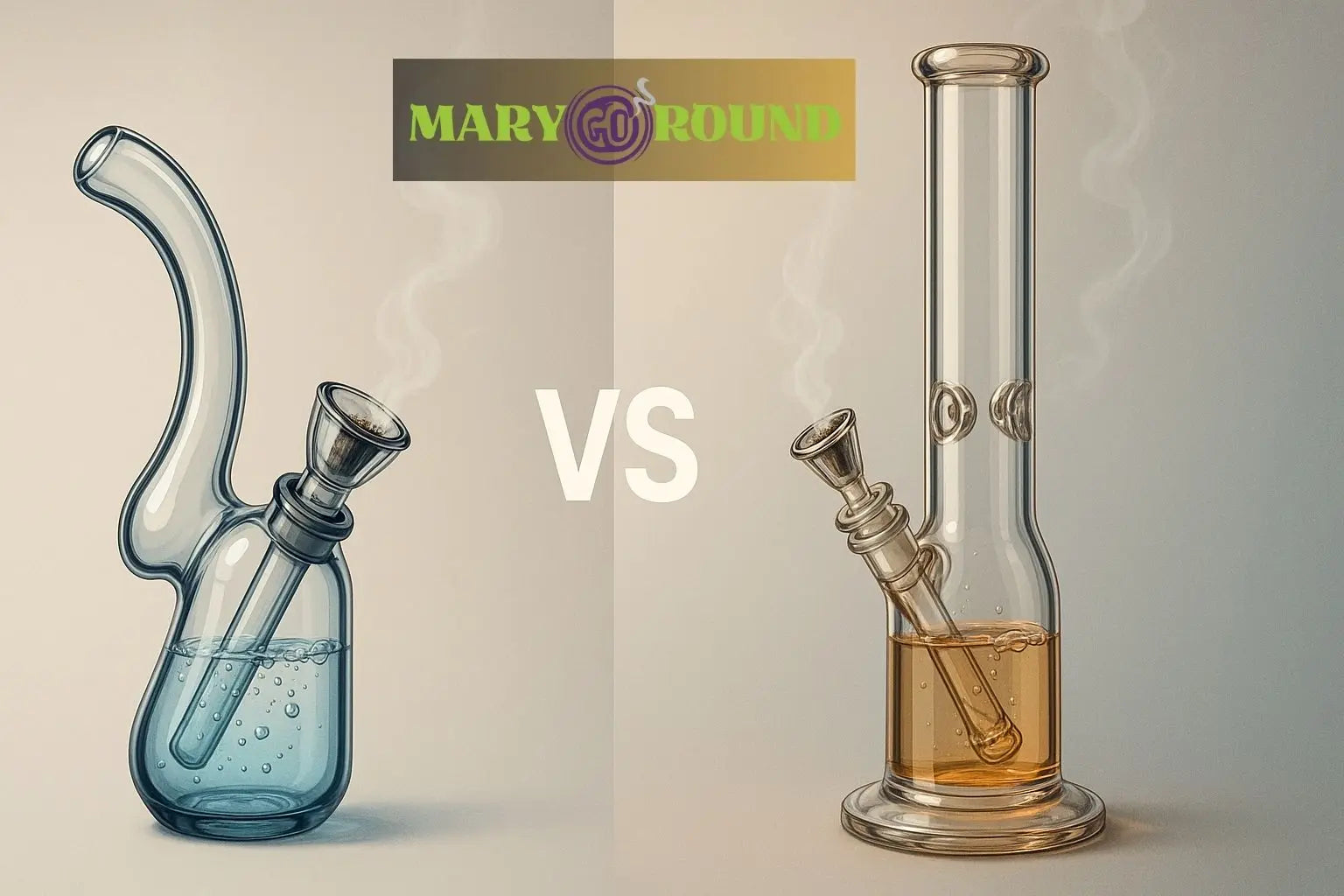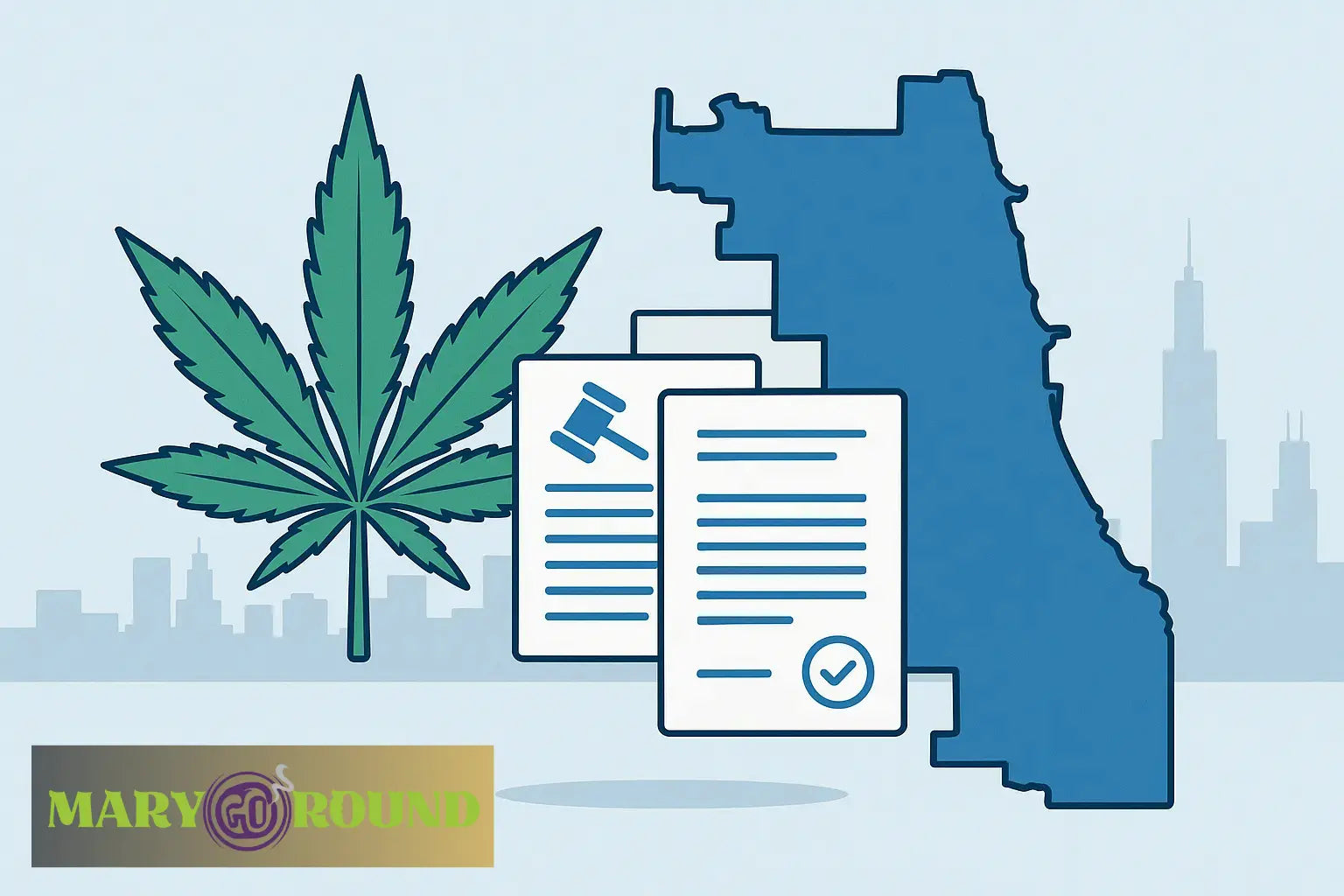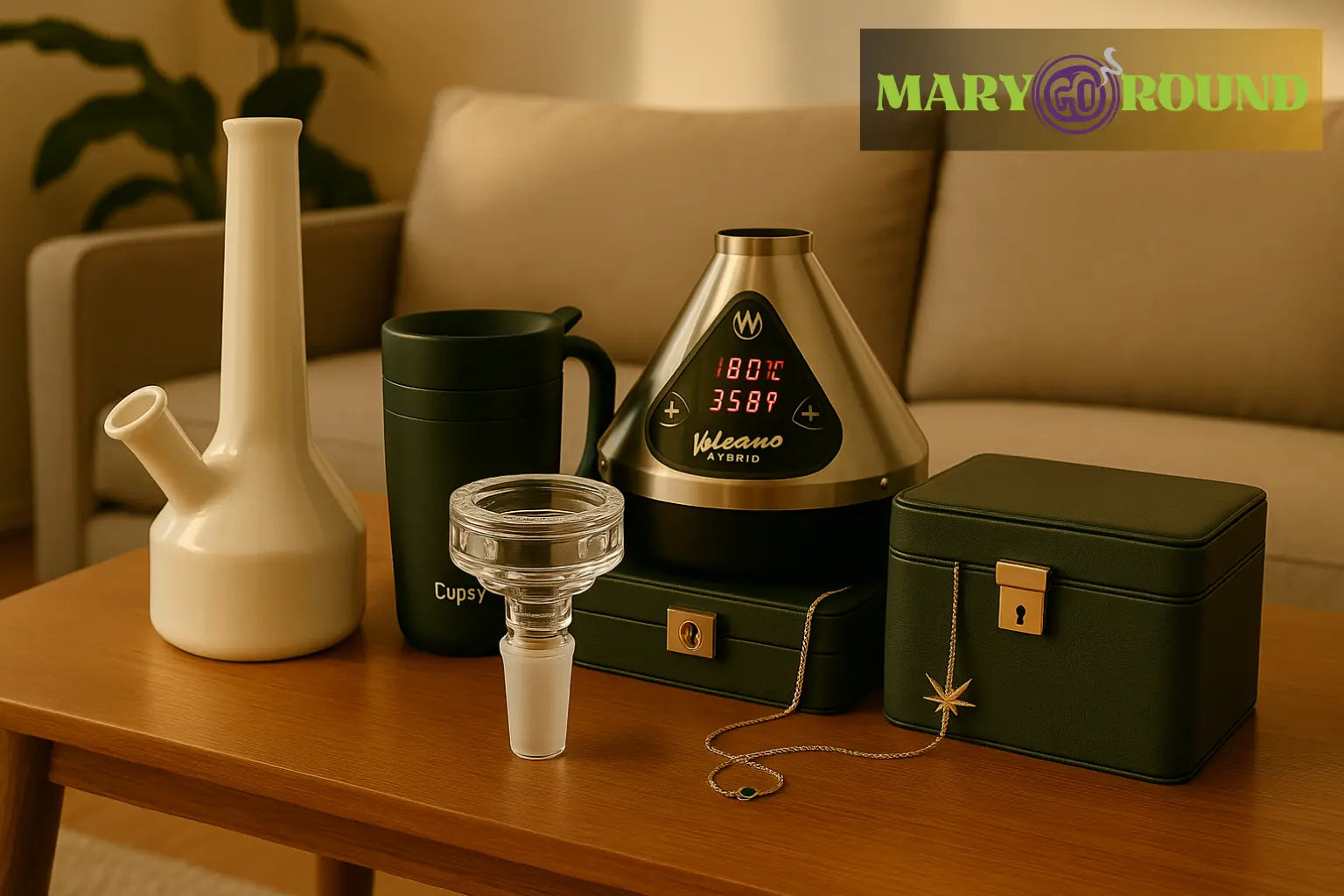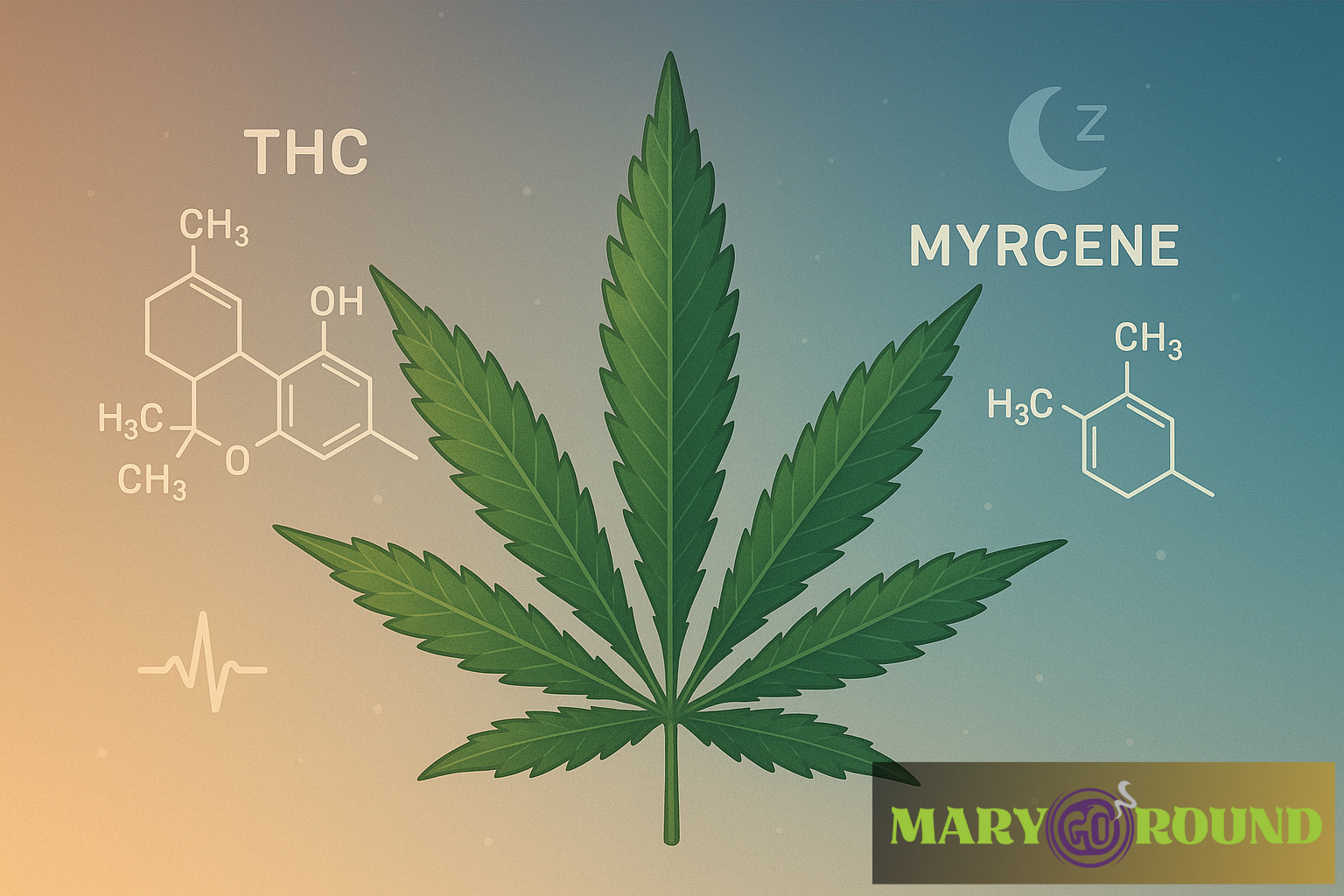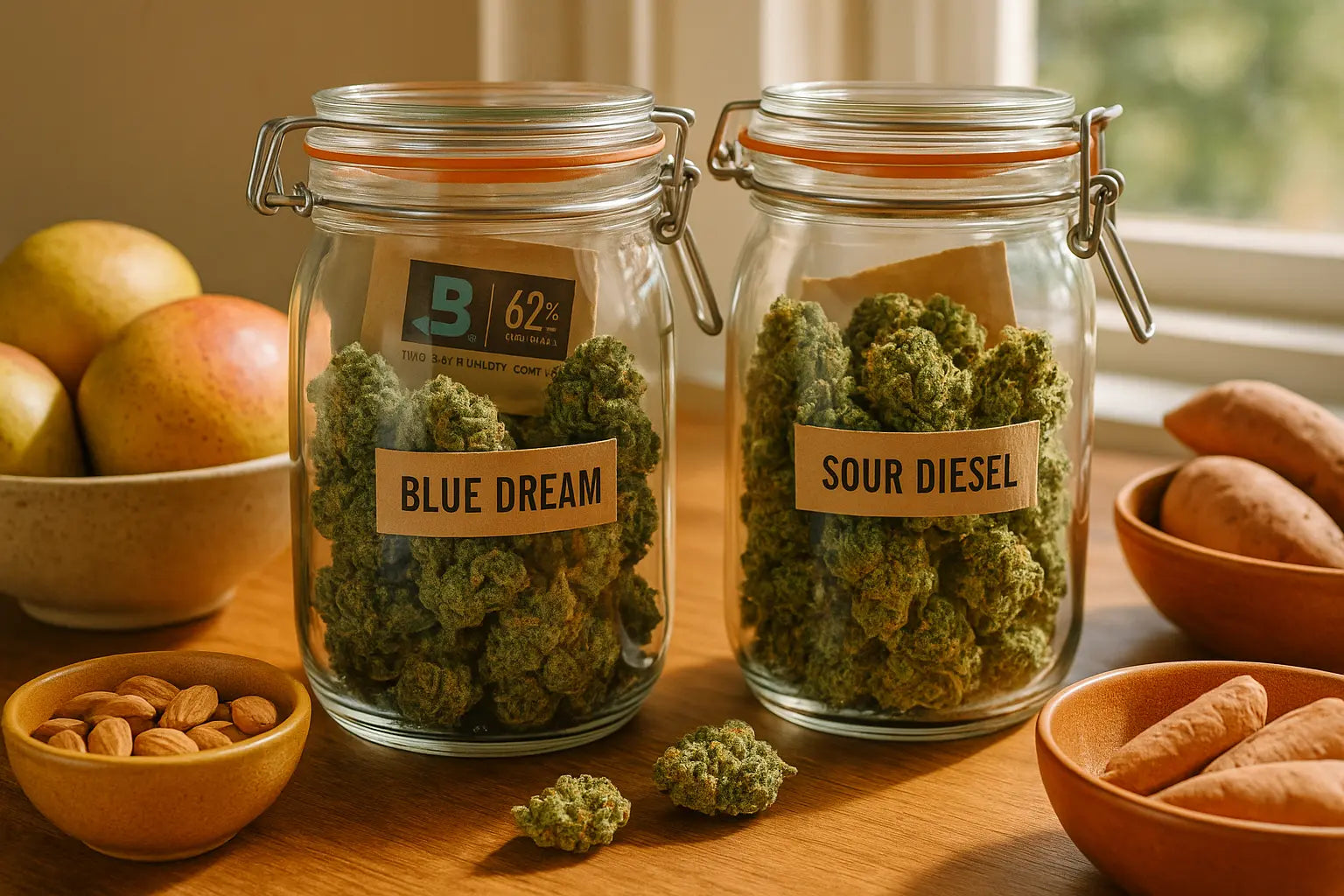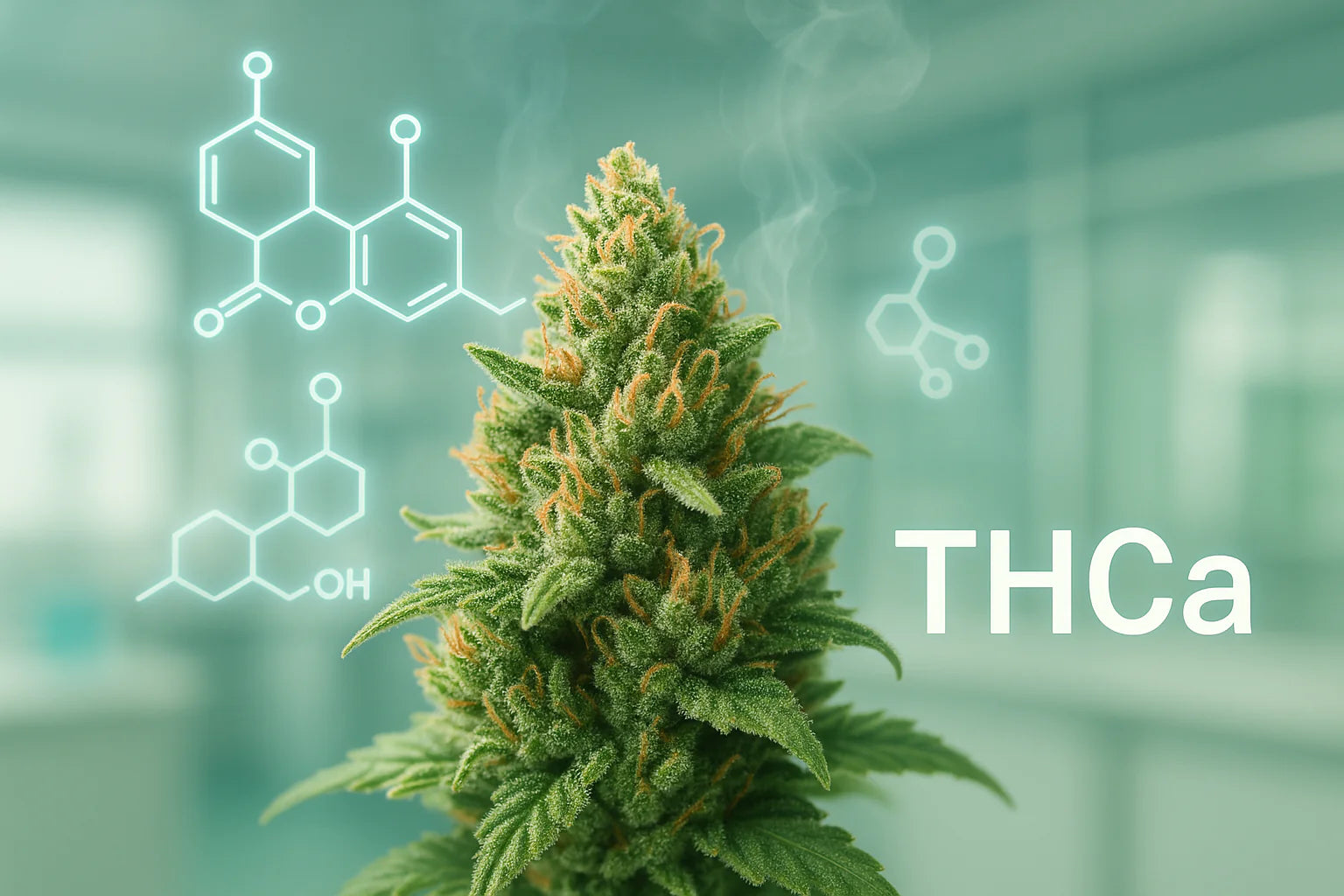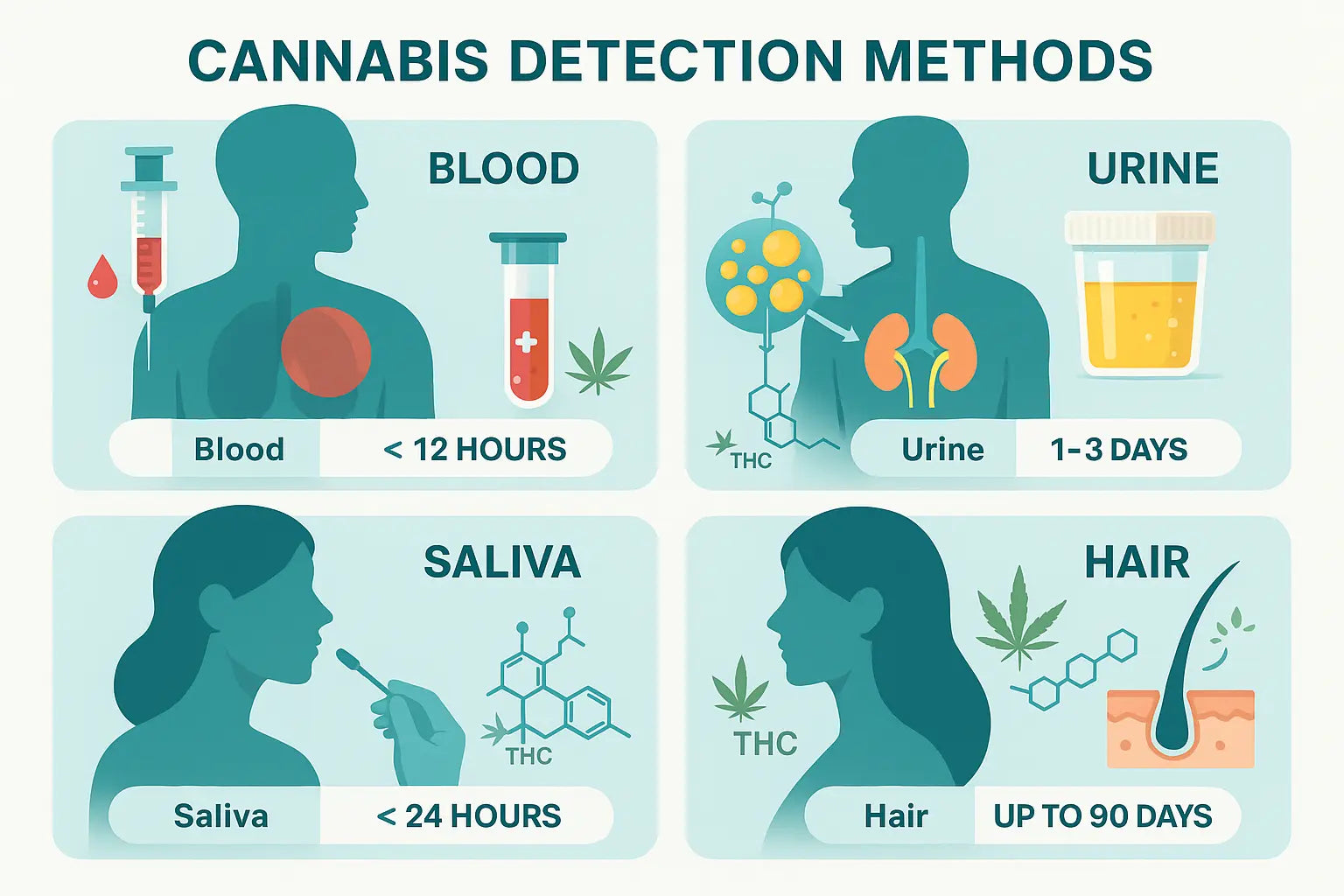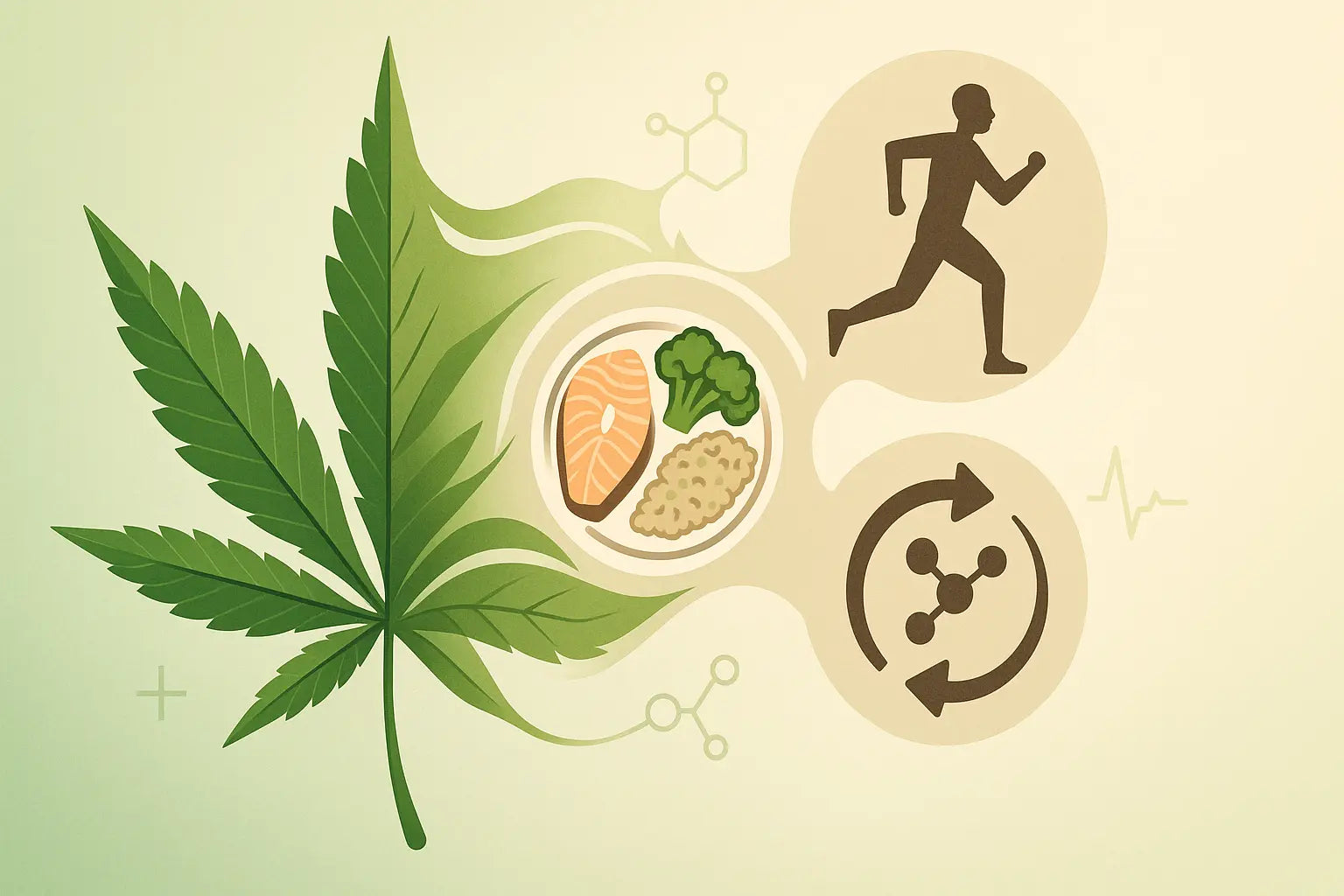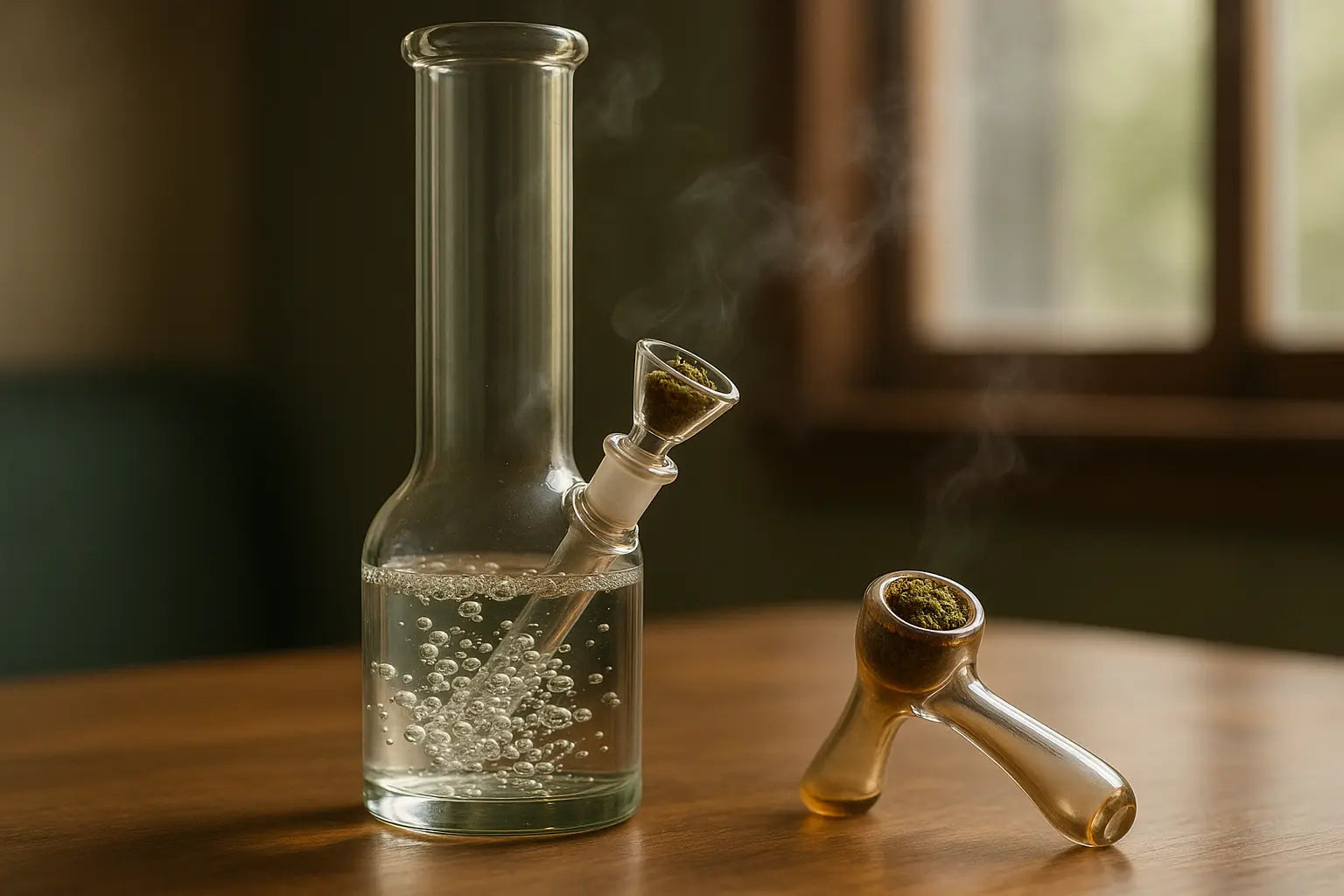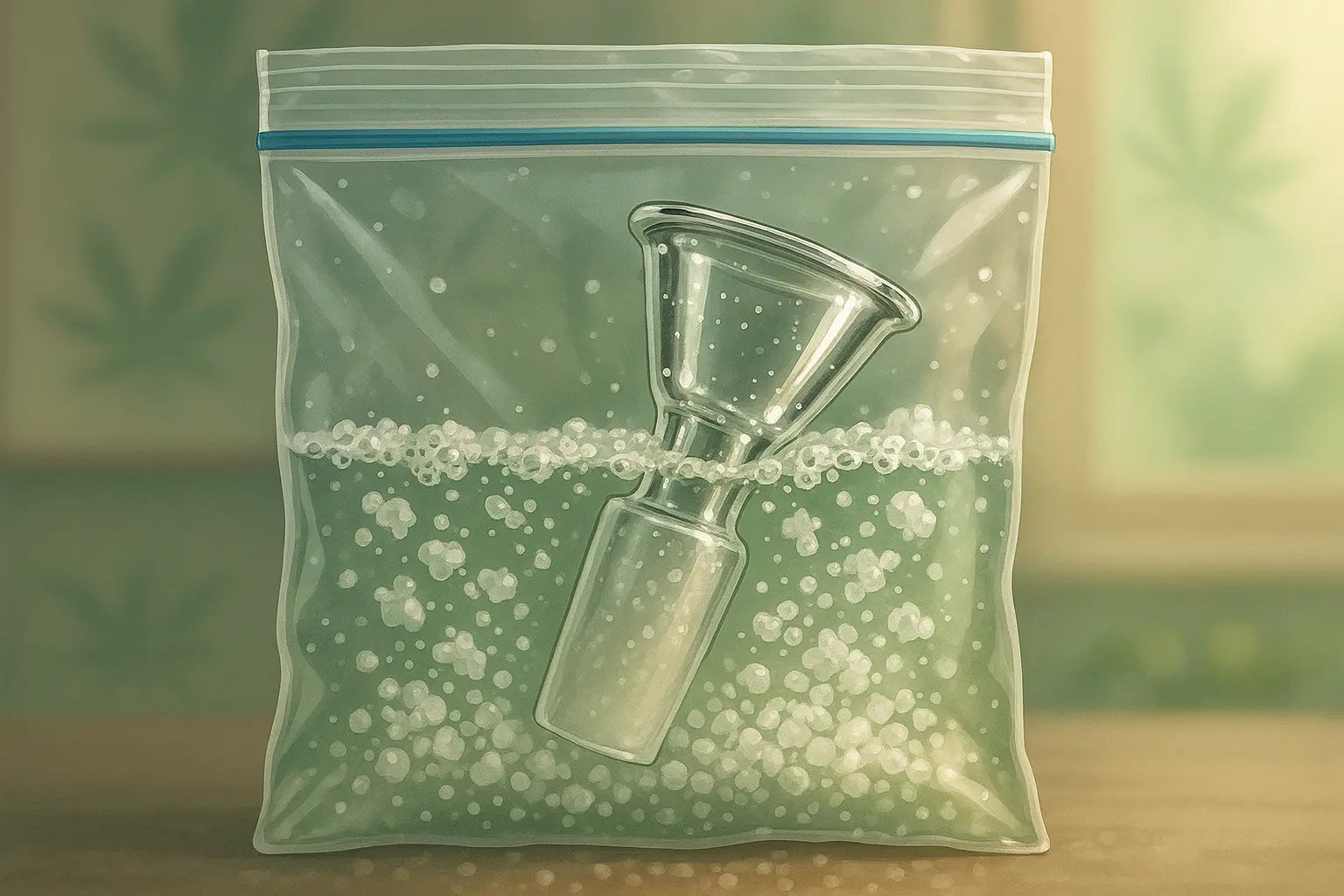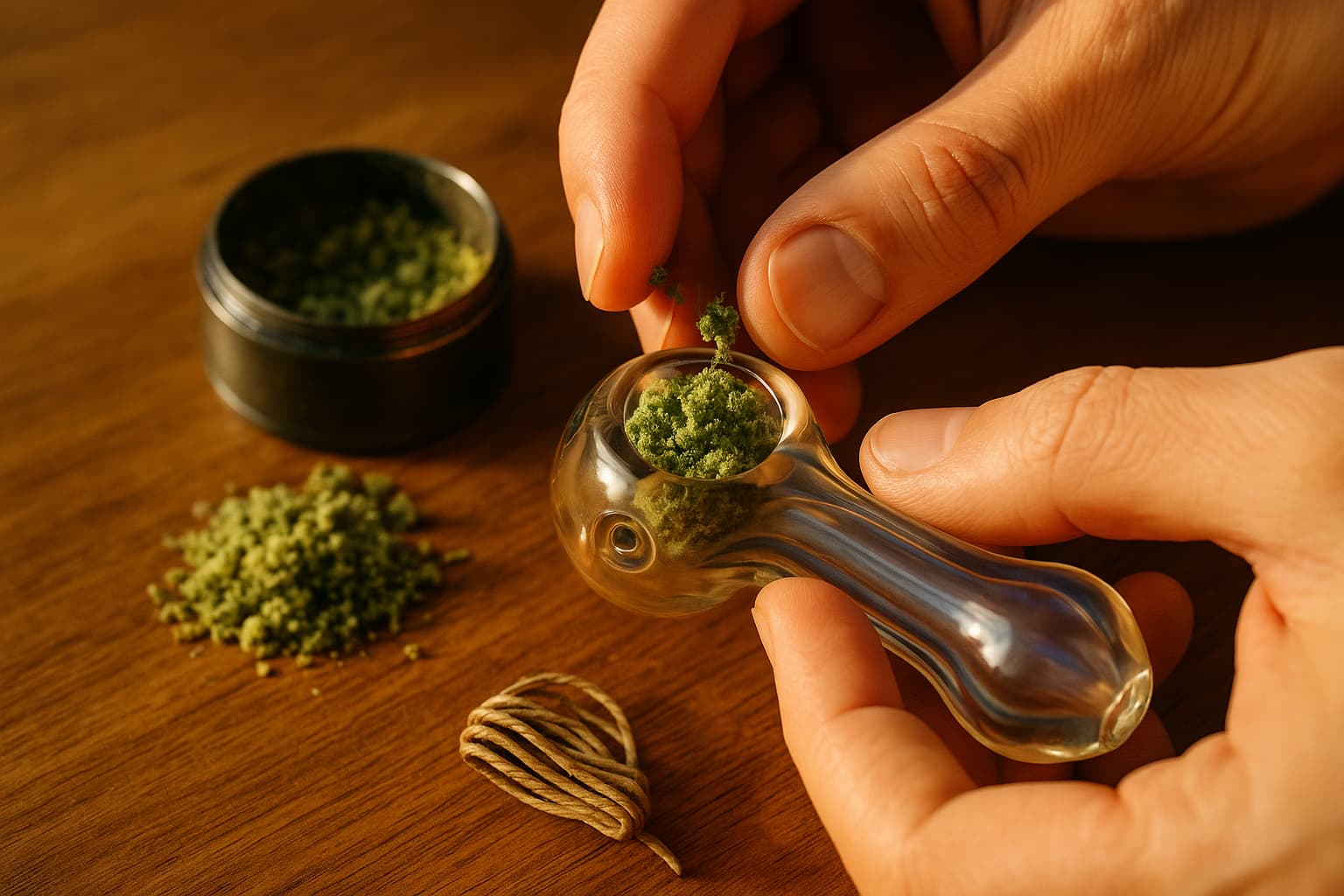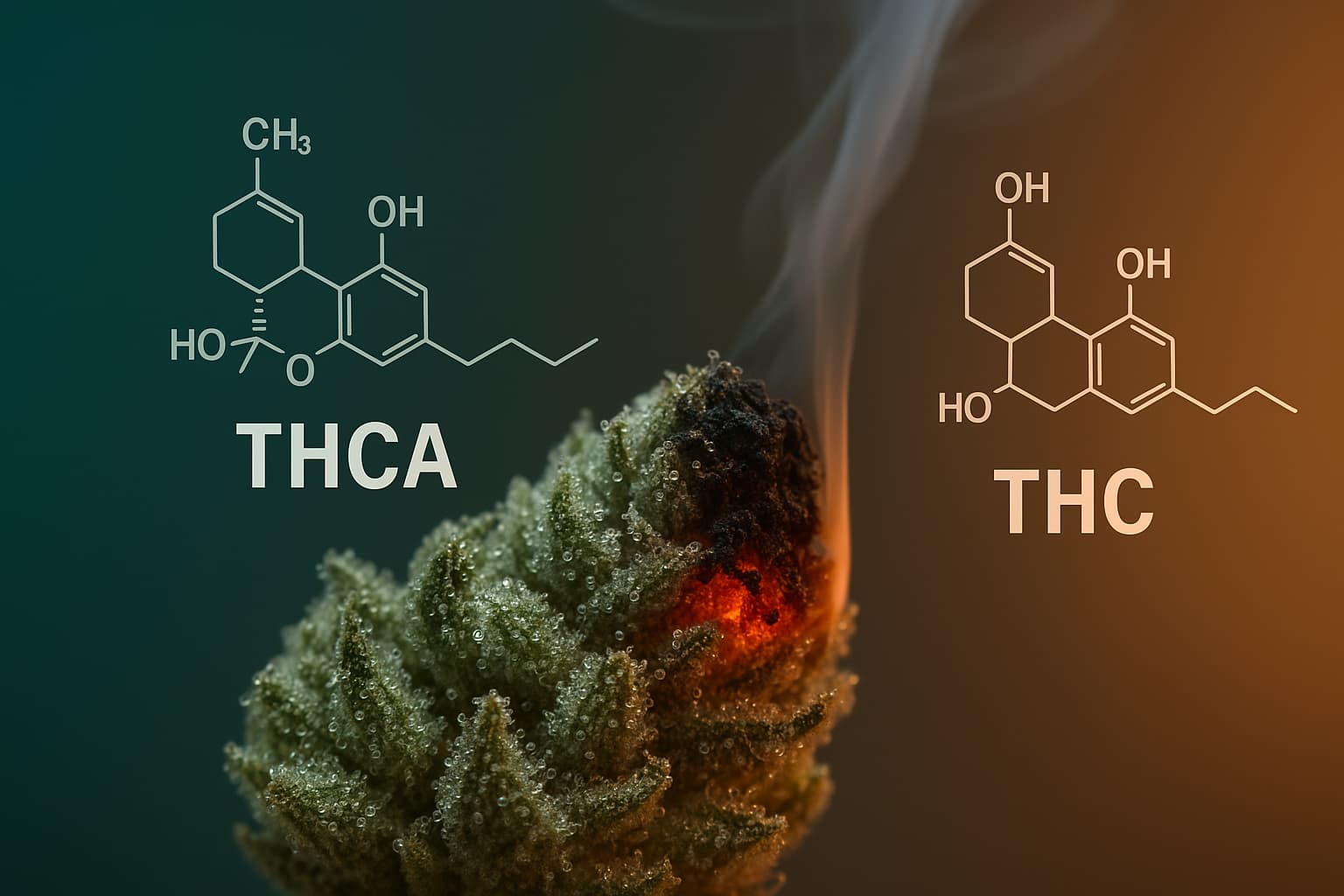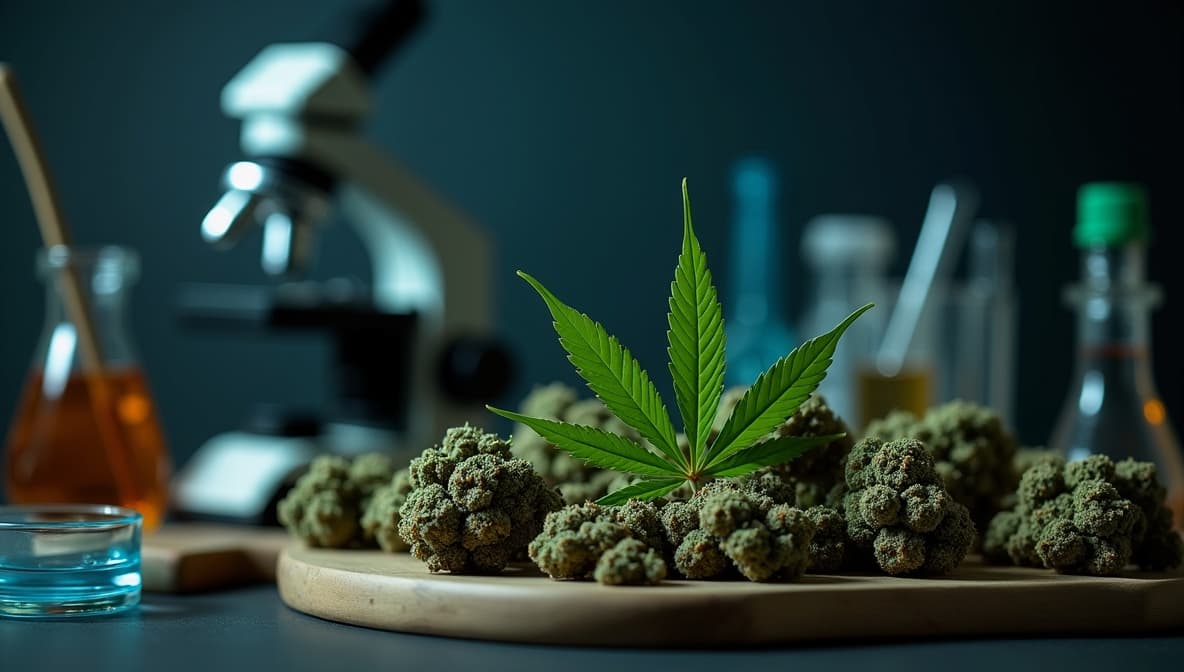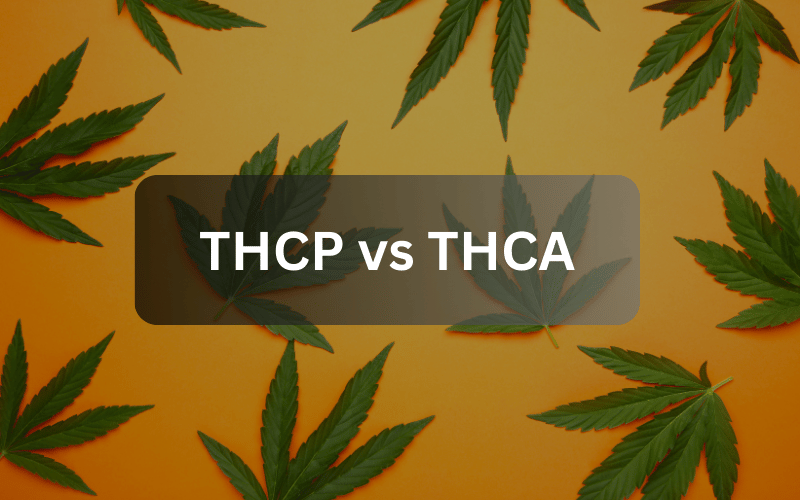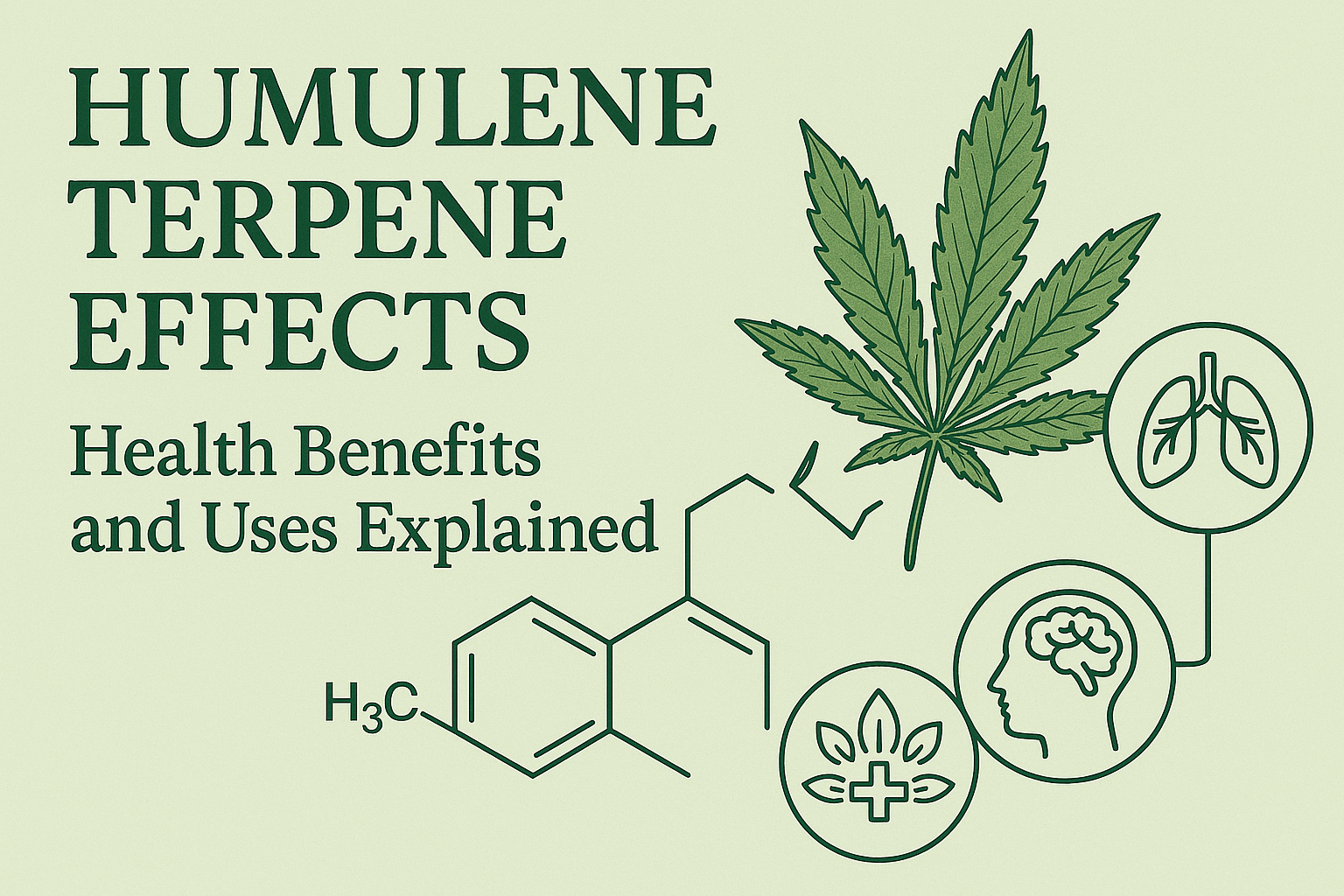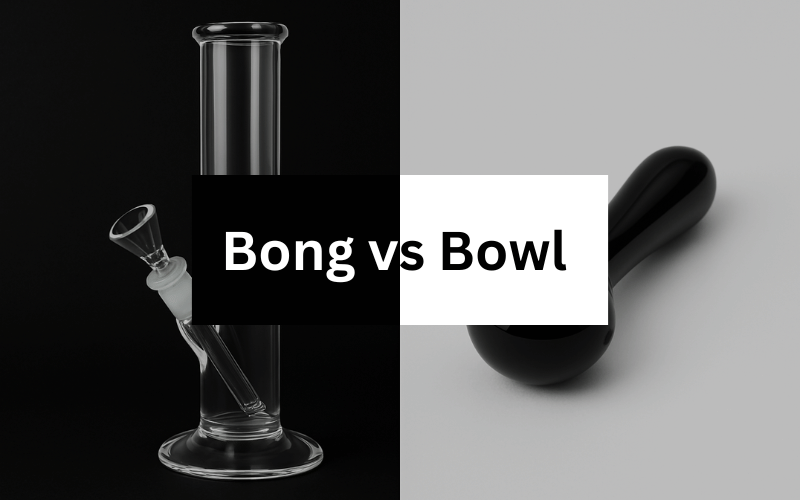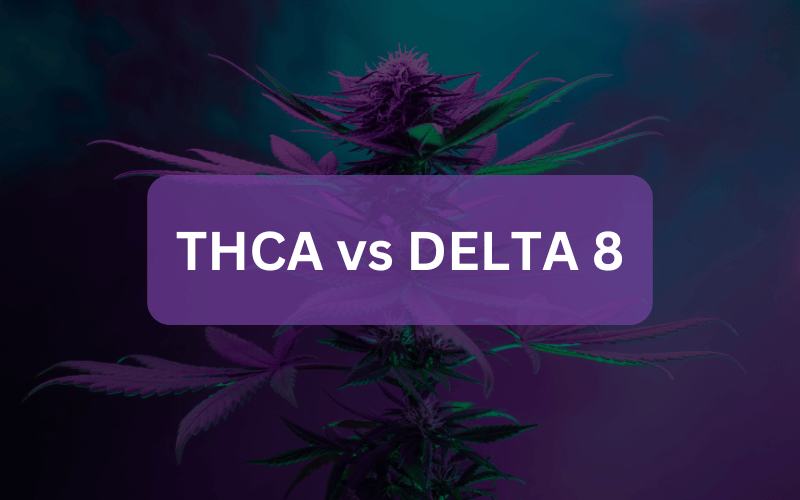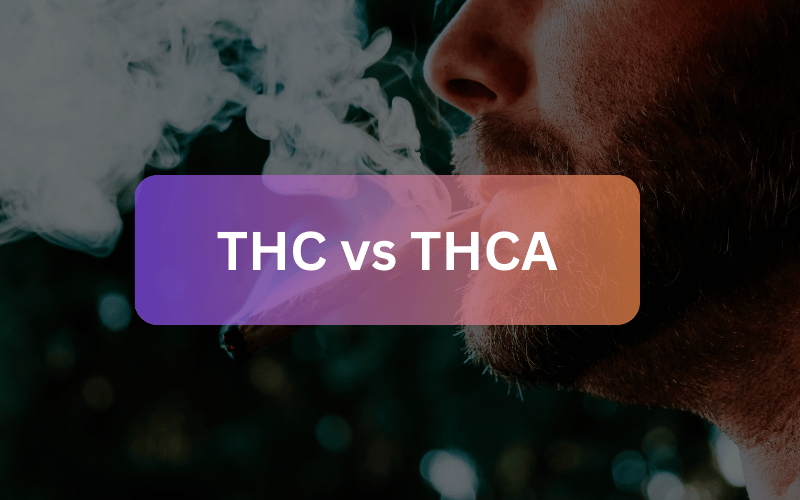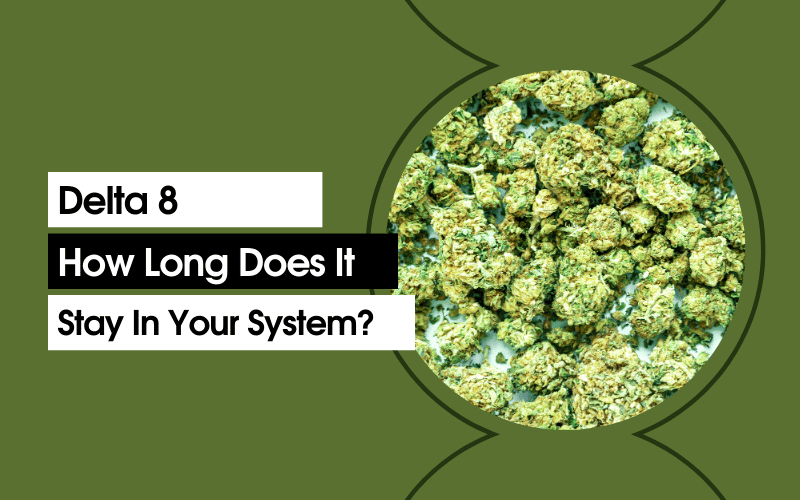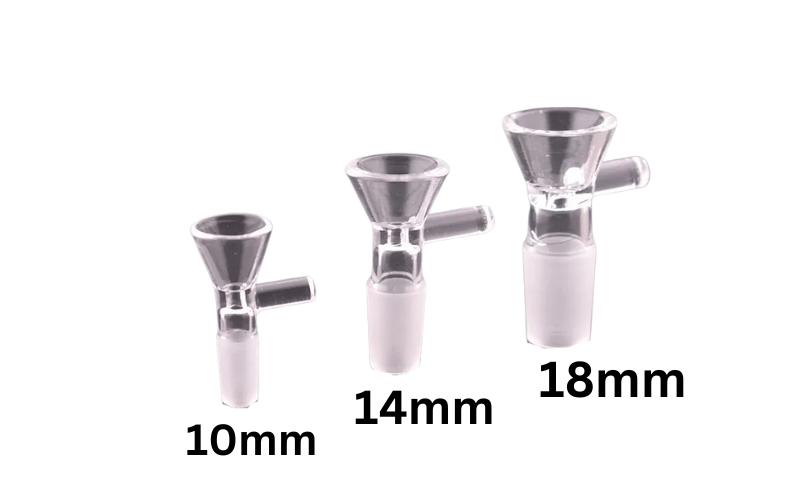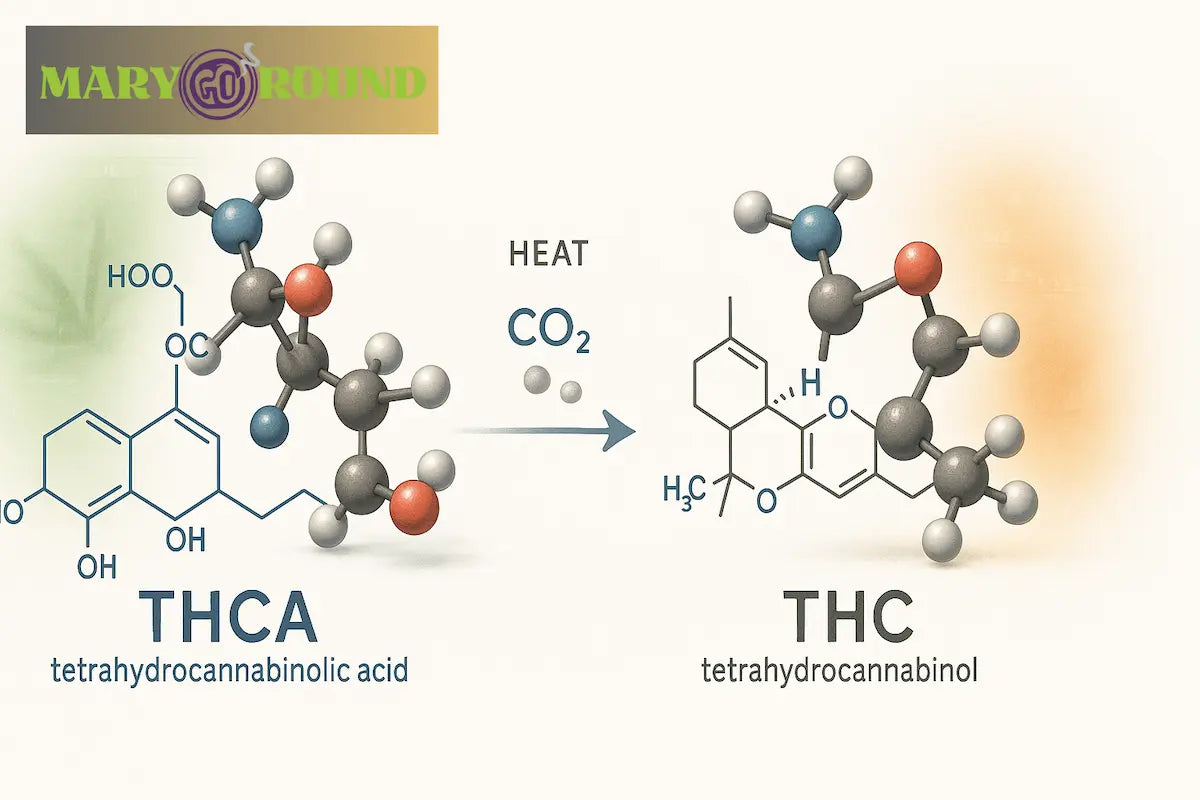
Does THCA Show Up on a Drug Test? Here's What You Need to Know
Posted by Tom Wittneben on
Facing a drug test can be stressful, especially if you’re unsure about how cannabis compounds behave in your system. One of the biggest questions people have is about THCA, the raw, non-psychoactive form of THC, which is naturally found in the cannabis plant.
On its own, THCA won’t get you high and usually won’t show up on a drug test. But here’s the catch. Once heat is involved, THCA changes into THC, the compound most tests are designed to detect.
In this guide, we’ll break down what THCA is, how it converts to THC, and what that means if you’re preparing for a screening.
Key Takeaways
-
THCA isn’t psychoactive and typically won’t show up on tests unless heat transforms it into THC. So THCA drug tests do not detect THCA, exactly. It is THC.
-
Smoking, vaping, or cooking THCA activates THC, raising your chances of testing positive.
-
Several factors influence drug test results: how you consume and how often, your metabolism, and the type of test.
What is THCA?
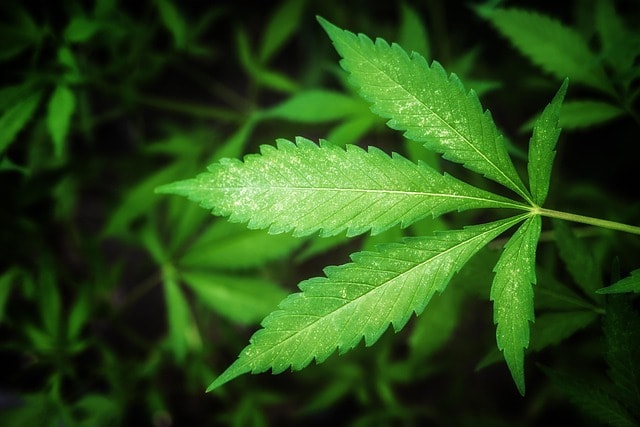
THCA, or tetrahydrocannabinolic acid, is a naturally occurring cannabinoid found in raw cannabis. THCA is abundant in raw cannabis plants, especially in fresh, unprocessed leaves and buds before any heating or curing.
Unlike THC, it doesn’t bind to cannabinoid receptors in the brain, which is why it doesn’t cause a high. Instead, it exists as the chemical precursor to THC, carrying an extra carboxyl group that keeps it non-psychoactive.
Fresh cannabis plants are rich in THCA, and many people consume THCA raw, such as in juices, tinctures, raw cannabis juice, or extracts. This is to explore its potential wellness benefits without the buzz, as THCA remains non-psychoactive when consumed in raw cannabis products that haven't been heated. The potential benefits of THCA include its non-psychoactive nature and possible health-related effects, making it attractive for those interested in wellness without intoxication.
This makes THCA appealing to those seeking therapeutic effects without feeling intoxicated. However, once heat enters the picture, everything changes.
How THCA Converts to THC
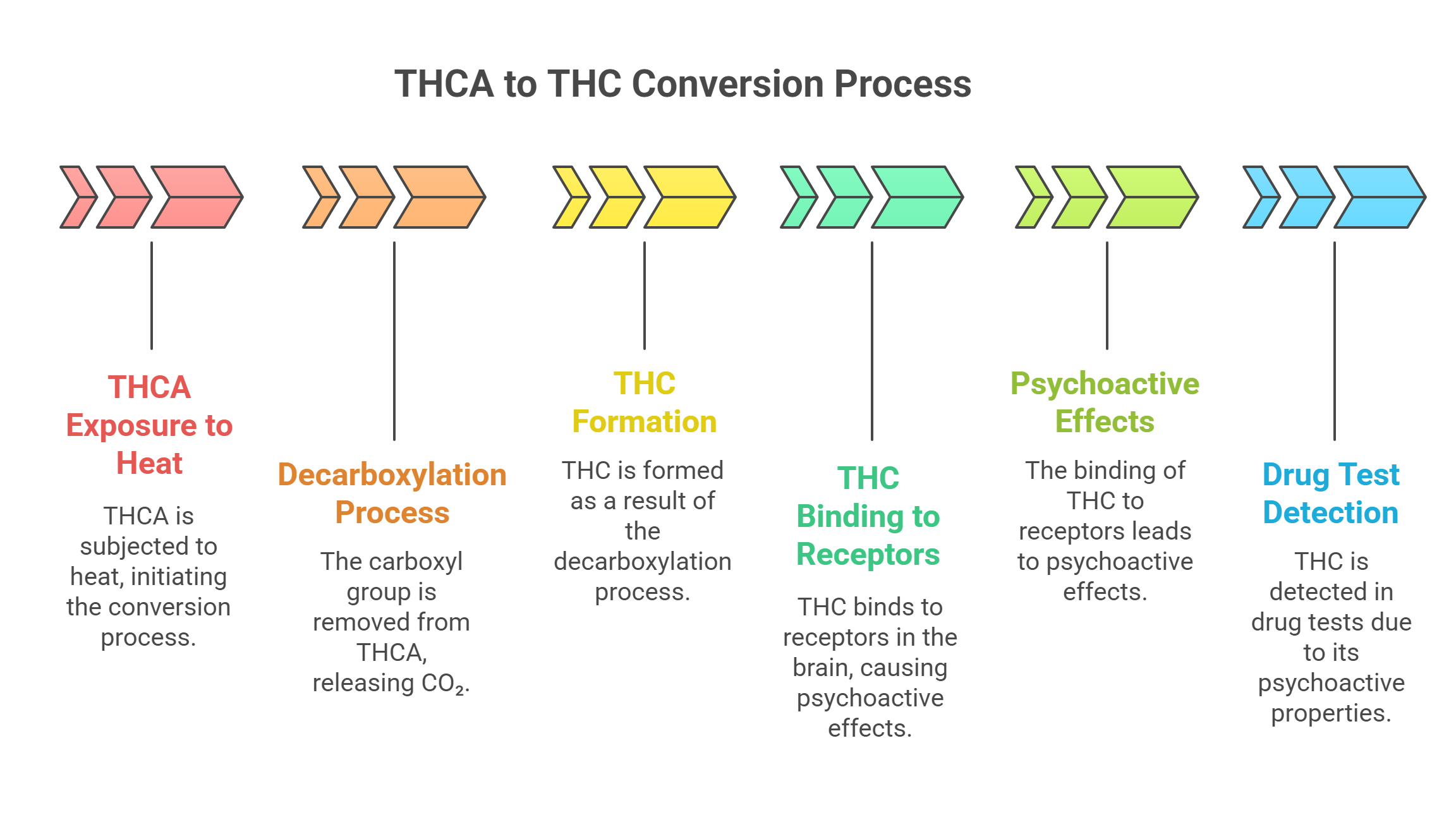
THCA turns into THC through a process called decarboxylation. THCA is the acidic precursor to THC, and under certain conditions—such as exposure to heat—THC occurs through conversion from THCA. This reaction removes a carboxyl group from the THCA molecule, releasing carbon dioxide (CO₂) and activating THC’s psychoactive properties.
Decarboxylation happens whenever THCA is exposed to heat, whether you’re smoking the flower, vaping concentrates, or baking edibles. For example, heating cannabis between 220–245ºF for about 30–40 minutes efficiently converts THCA metabolites into THC. This process leads to the psychoactive effects associated with THC, as the newly formed THC can bind to receptors in the brain, producing the familiar high.
This transformation is what matters when it comes to drug testing. While raw THCA alone usually won’t be detected, the moment it’s heated and becomes THC, you’re much more likely to test positive.
Does THCA Show Up on a Drug Test?
Most standard drug tests aren’t looking for THCA itself. THCA is generally not detectable in standard drug screenings, but certain sensitive tests may identify THCA metabolites. They’re designed to detect THC metabolites, especially THC-COOH. But since THCA turns into THC when heated, your method of consumption is key.
Smoking, vaping, or dabbing raw THCA? That heat converts it to THC, and your body will process it into metabolites that tests can flag. Consuming THCA-rich products, especially those exposed to heat, can lead to positive results on drug screenings. Immunoassay tests, which are commonly used as initial screening methods for cannabis products, may trigger positive results if THC metabolites are present.
On the flip side, consuming raw cannabis products without heat usually won’t cause a positive result. Still, it’s important to know your risks if you’re being tested regularly.
Types of Drug Tests
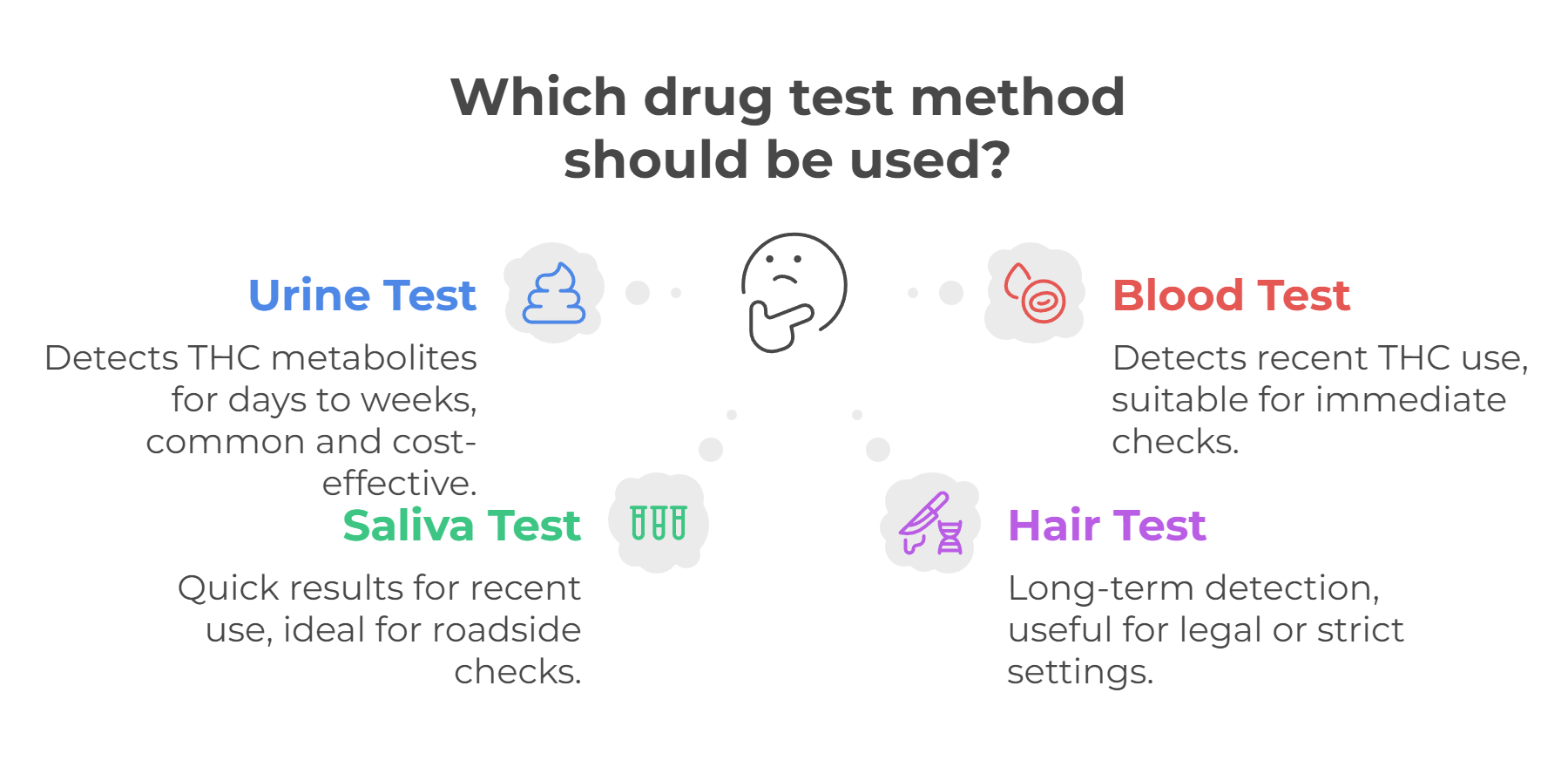
Not all drug tests are created equal. Each one has its own detection windows and levels of sensitivity. Urine and hair tests are commonly used to detect cannabinoid metabolites, including those resulting from THCA and THC. These tests focus on detecting THC and THC metabolites, not THCA directly, as the presence of cannabinoid metabolites is what is typically measured.
Urine Tests
The most common test. Urine drug tests don’t look for THCA directly but can detect THC metabolites for up to a few days, even weeks, depending on how often you consume. Occasional users may only test positive for 3 days, while heavy users could be flagged for around 6 weeks.
Blood Tests
These focus on recent use, so they are not as popular. THC can show up in your blood for about 1–2 days, and in heavy users, up to 7 days. That’s why they’re often used for roadside checks or workplace incidents.
Saliva Tests
Designed for quick results, often in roadside scenarios. THC is usually detectable in saliva for 24 hours. They’re good for spotting very recent use but don’t cover long-term consumption.
Hair Tests
The long-haul option. Hair follicle drug tests can detect cannabis use for months, making them useful in legal or strict employment settings. They’re more expensive, but they provide the widest detection window.
Factors That Influence THCA Detection
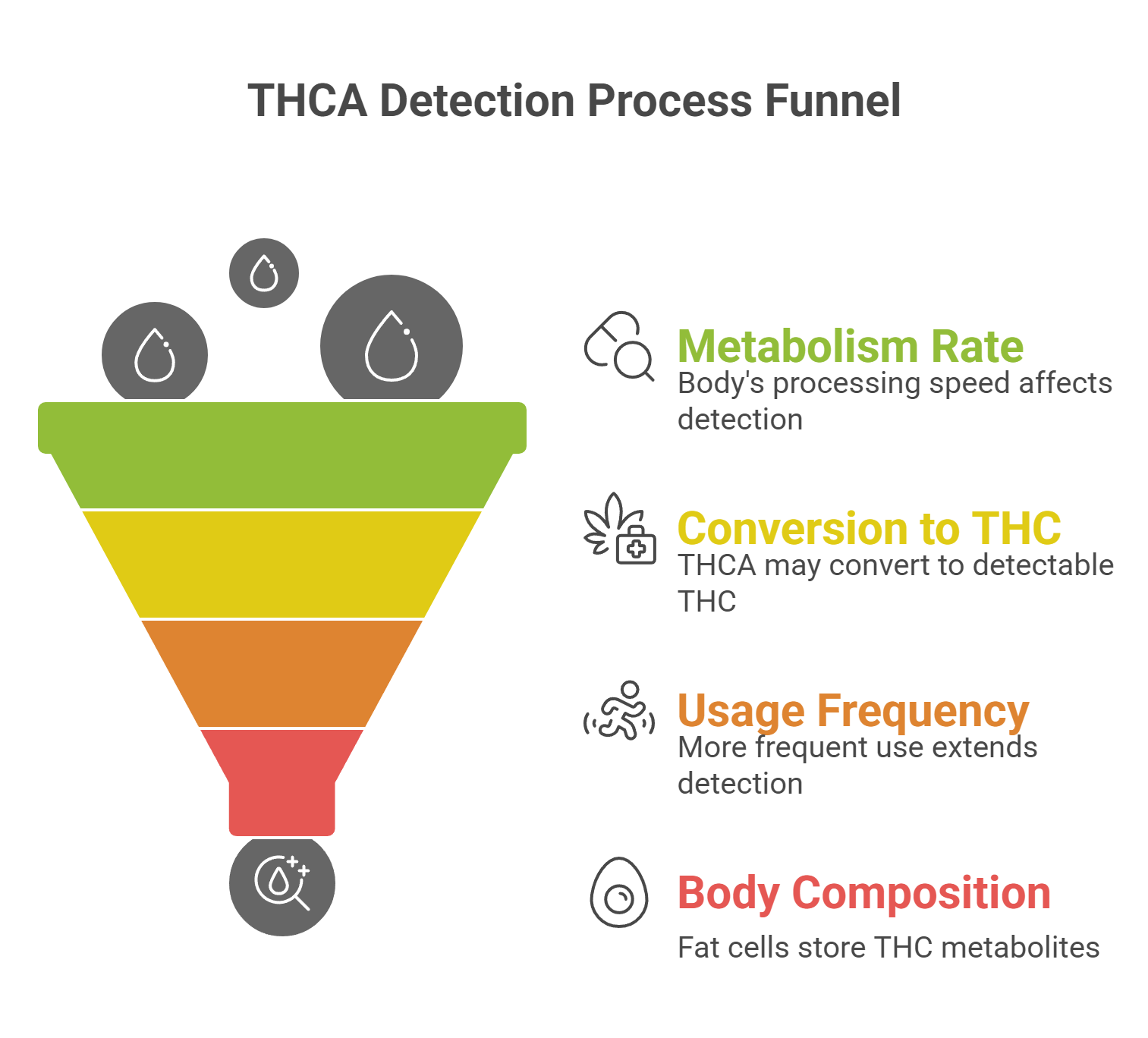
How long THCA stays in your system depends on a mix of personal habits, biology, and the type of product consumed, such as THCA flower. An individual's metabolism plays a significant role in how long THCA and its metabolites remain detectable, as faster metabolisms process and eliminate compounds more quickly. The body processes THCA through absorption and metabolism, and it can potentially convert to THC, which is what most drug tests detect. Additionally, how long THC and its metabolites stay in your system depends on usage patterns, body composition, and whether THC accumulates in the body's fat cells, which can extend the detection window.
Consumption Method
How you take in THCA matters.
-
With heat (smoking, vaping, dabbing): THCA converts to THC, which is easily detected on tests.
-
Without heat (raw cannabis products): THCA stays non-psychoactive and doesn’t convert, so it’s much less likely to show up.
Frequency of Use
The more often you use it, the longer THC metabolites linger.
-
Occasional users: May only test positive for a few days.
-
Chronic users: Build up metabolites that can be detected for weeks, extending the risk of a positive test.
Individual Metabolism
Everyone’s body processes cannabis differently.
-
Genetics: Studies show that some people metabolize cannabinoids faster than others.
-
Body fat percentage: THC metabolites get stored in fat cells, so people with higher body fat may retain them longer.
Overall Health
Your diet, hydration, and activity level also play a role. Staying active and hydrated may help your body process metabolites more quickly, though it won’t erase them overnight.
Potential for False Positives
Yes, sometimes you can trigger false positives. Certain medications such as efavirenz, have been linked to false marijuana results in urine tests. While research is mixed, this is why confirmatory testing (like gas chromatography-mass spectrometry, or GC-MS) is so important if you’re contesting a result.
False positives can be stressful, especially when tied to jobs or legal issues. If you’re at risk, knowing your medications and asking for confirmatory testing is the best way to protect yourself.
Legal Considerations
THCA lives in a bit of a legal gray zone. The question of "THCA legal" is important, as its legal status varies by location. Federally, cannabis is still restricted, but hemp-derived THCA products are generally considered legal if they contain less than 0.3% THC. However, every state has its own take.
-
In legal cannabis states: THCA products may be sold for medical or recreational use.
-
In stricter states: Even hemp-derived THCA could cause issues depending on local enforcement.
Because laws vary so widely, always check your state regulations before buying or using THCA products. Staying informed helps you enjoy cannabis safely without unnecessary risks.
Natural Detox Methods
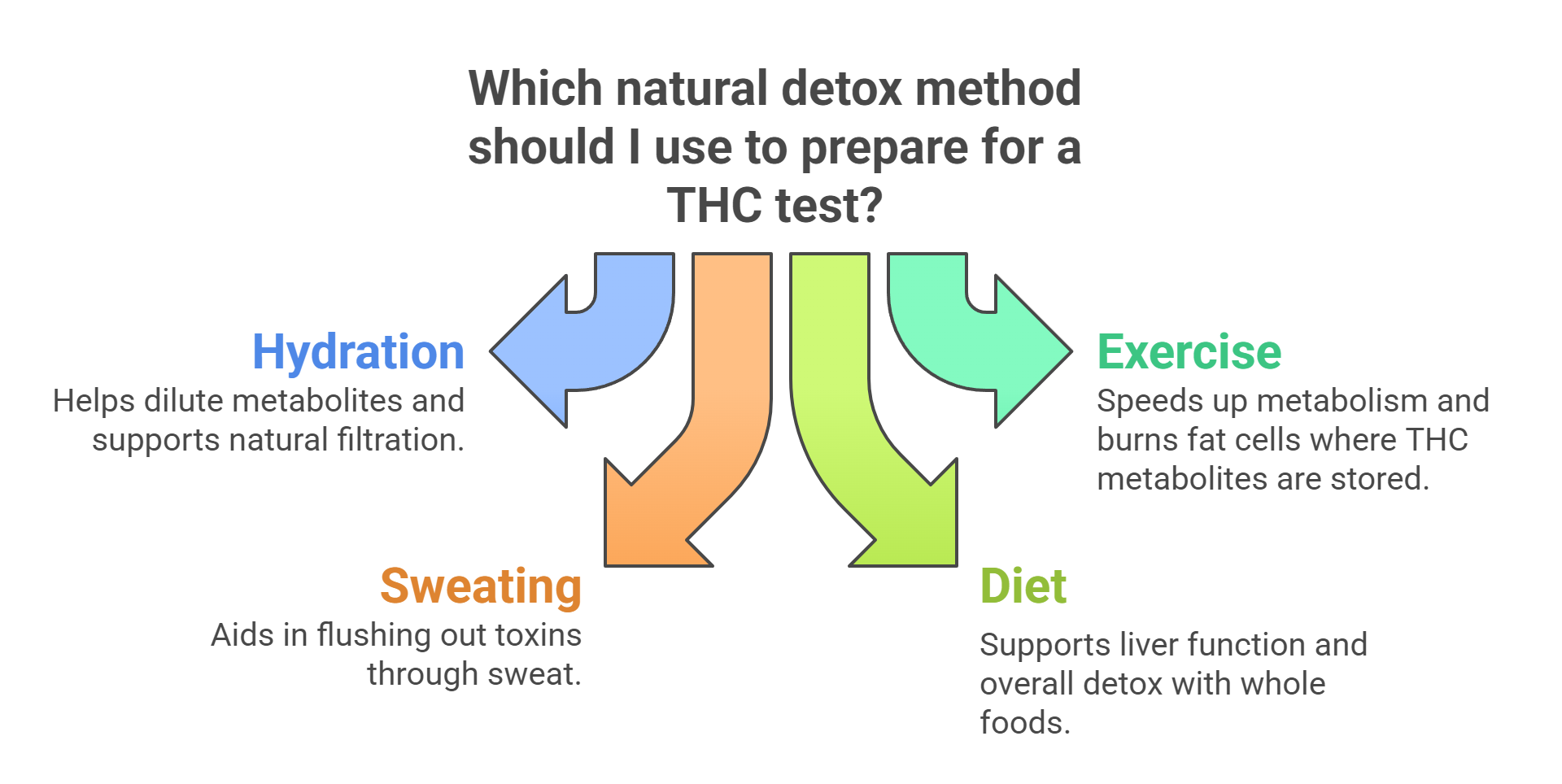
If you’re worried about THC showing up on a test, natural detox methods can support your body’s cleanup process. Many people use these strategies to flush THCA from their system before a drug test.
Just keep in mind, there are no magic fixes, and time is still the biggest factor.
-
Hydration: Drinking plenty of water helps dilute metabolites and supports your body’s natural filtration.
-
Exercise: Regular activity speeds up metabolism and burns fat cells, where THC metabolites like to hide.
-
Sweating it out: Saunas or steam rooms may help your body flush out toxins through sweat.
-
Diet: Whole foods, fruits, and veggies support liver function and overall detox.
Patience is key. Everyone’s body clears THC at a different pace, so while these methods can help, they won’t guarantee a negative test right away.
Summary
THCA itself is non-psychoactive, but once heat is involved it converts to THC, which drug tests are designed to catch. Factors like your consumption method, frequency of use, metabolism, and even overall health all play into detection times.
Add in the potential for false positives and the shifting legal landscape, and it’s clear. Staying informed is the best way to avoid surprises when it comes to THCA and drug tests.
Frequently Asked Questions
Have questions? We’re happy to help!
What is THCA?
THCA, or tetrahydrocannabinolic acid, is a non-psychoactive compound in raw cannabis that serves as the precursor to THC. Understanding its role can be beneficial for those exploring the medicinal properties of cannabis.
Can THCA lead to a positive drug test result?
Yes, THCA can lead to a positive drug test result if it is heated and converted into THC. It's important to be aware of this potential when considering cannabis use.
How long can THCA be detectable in the bloodstream?
THCA can typically be detectable in the bloodstream for up to 24 hours. This brief window may vary depending on individual factors such as metabolism and frequency of use.
What factors influence whether THCA is detected on a drug test?
The detection of THCA in a drug test primarily depends on the type of test administered, with more sensitive tests being capable of identifying THCA and related compounds. Therefore, it's essential to consider the sensitivity of the testing method when anticipating THCA detection.
What methods can help eliminate THCA from your system?
To effectively eliminate THCA from your system, focus on drinking plenty of water, engaging in regular exercise, and maintaining a balanced diet. These methods support your body's natural detoxification processes.

